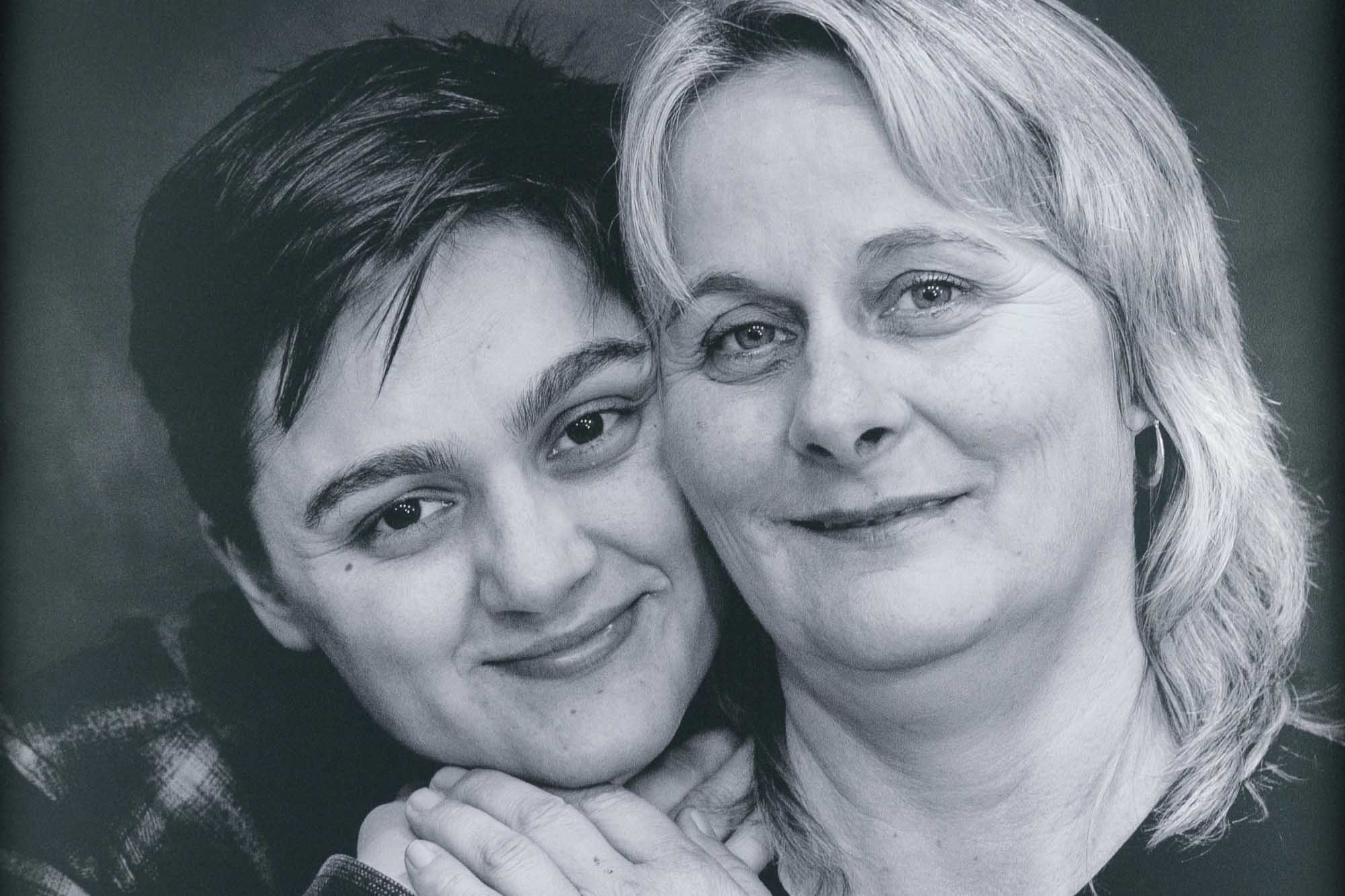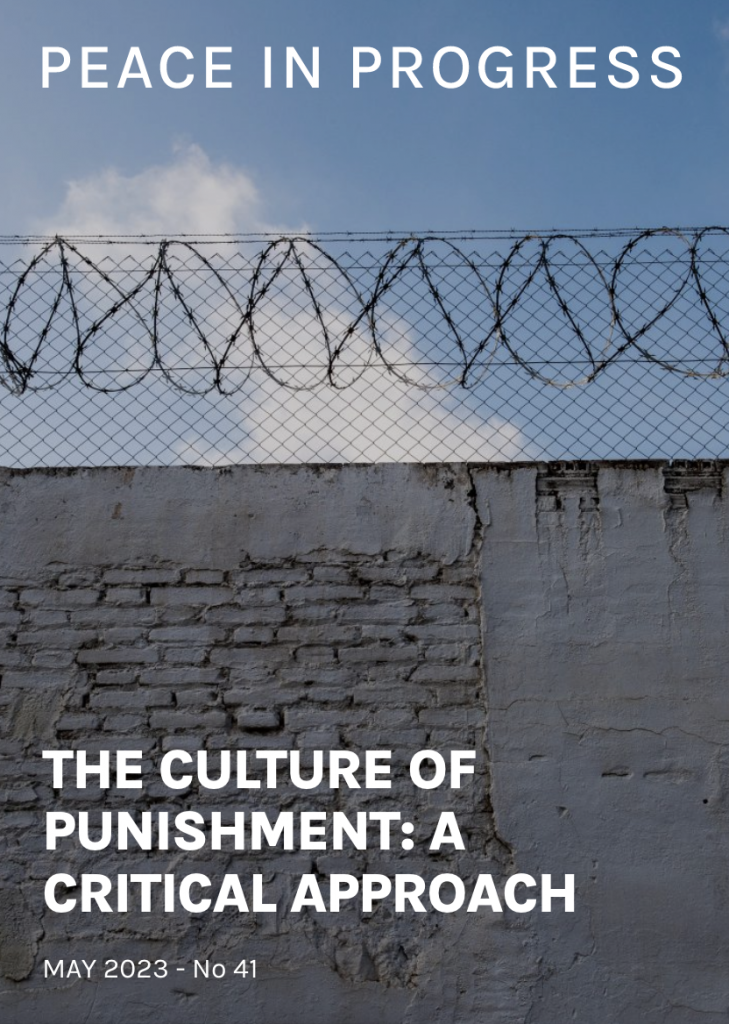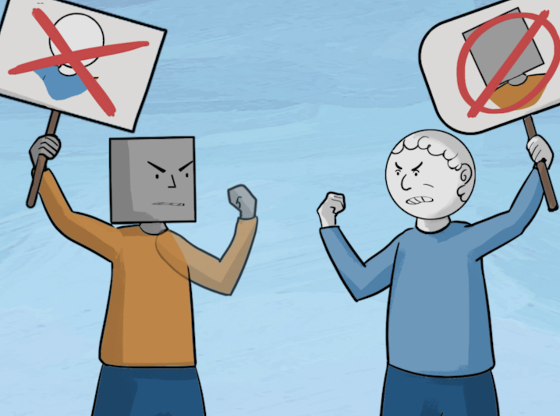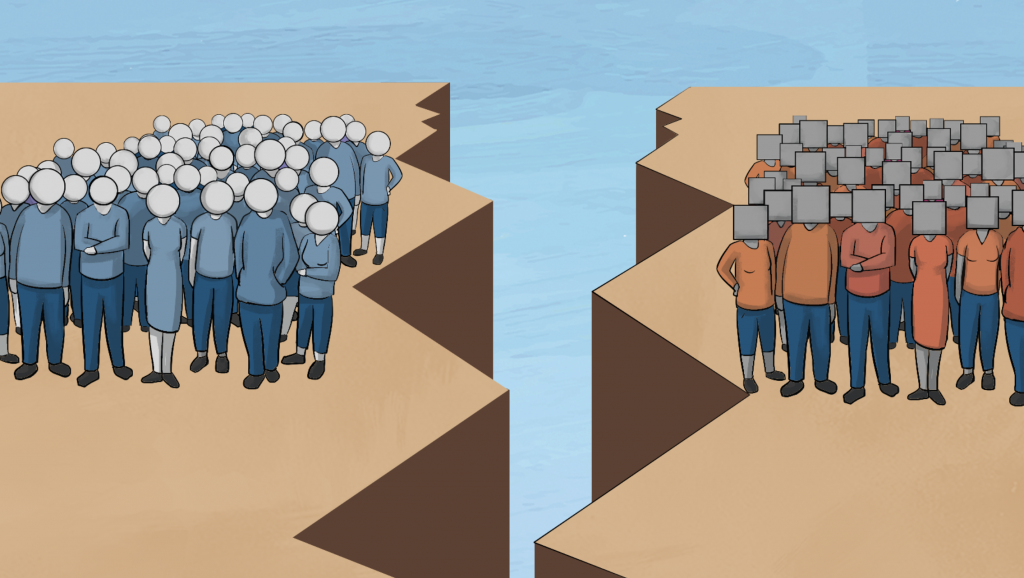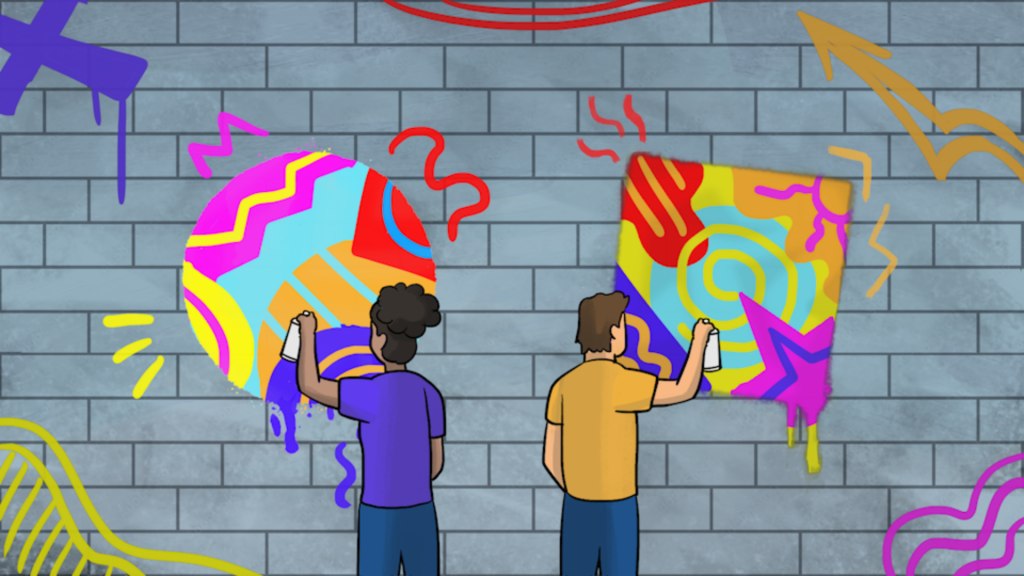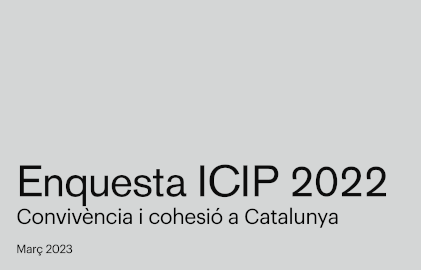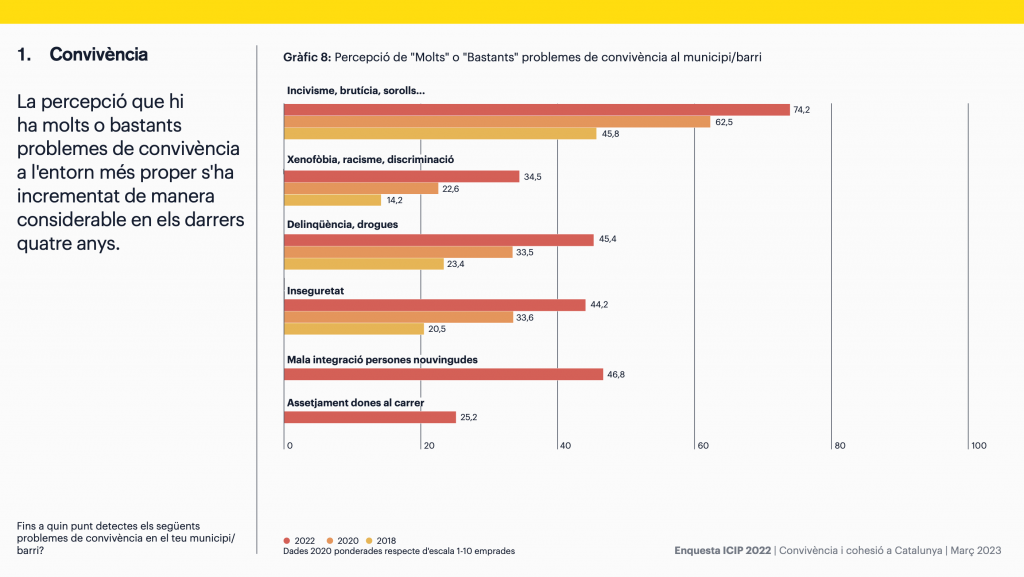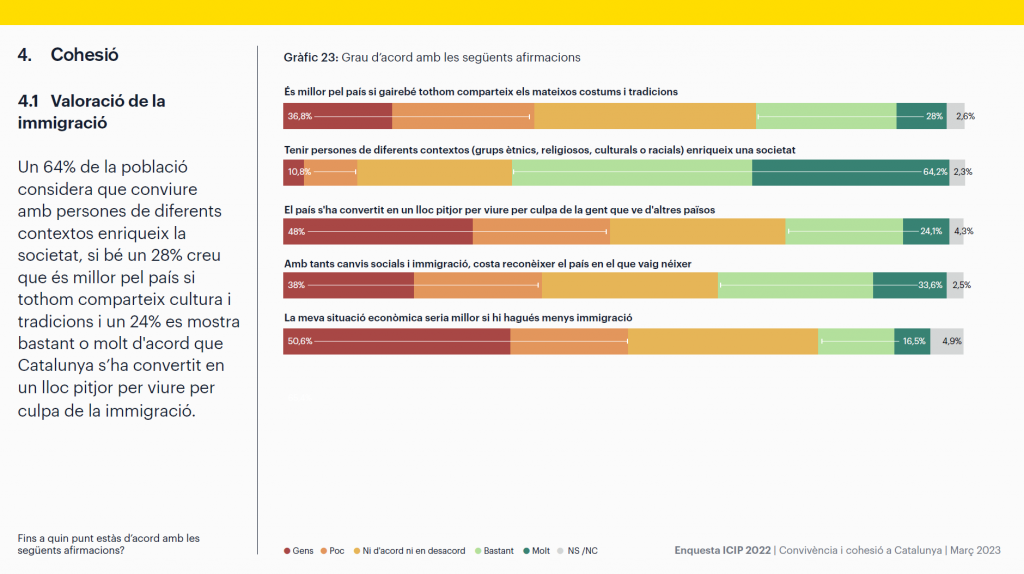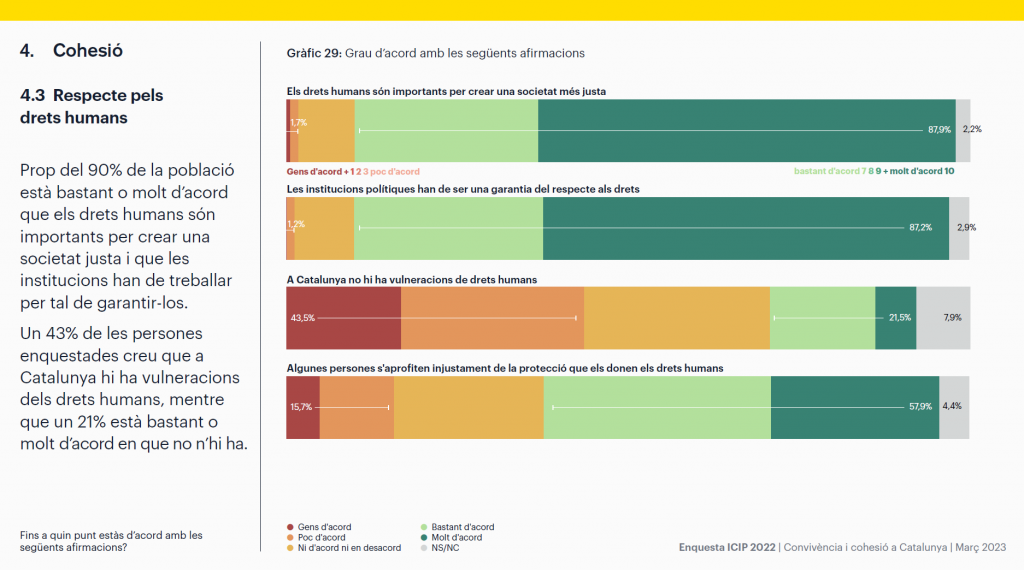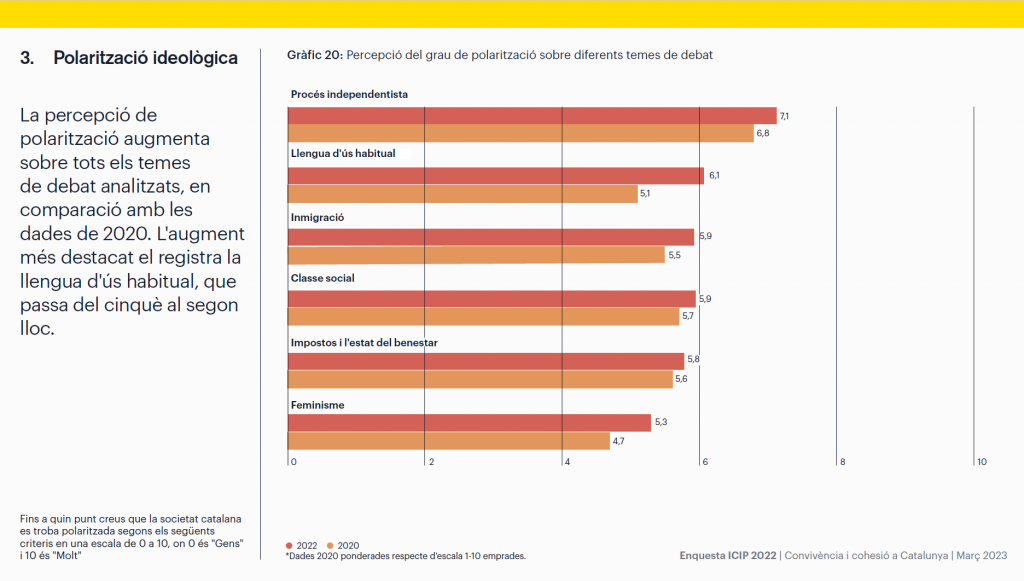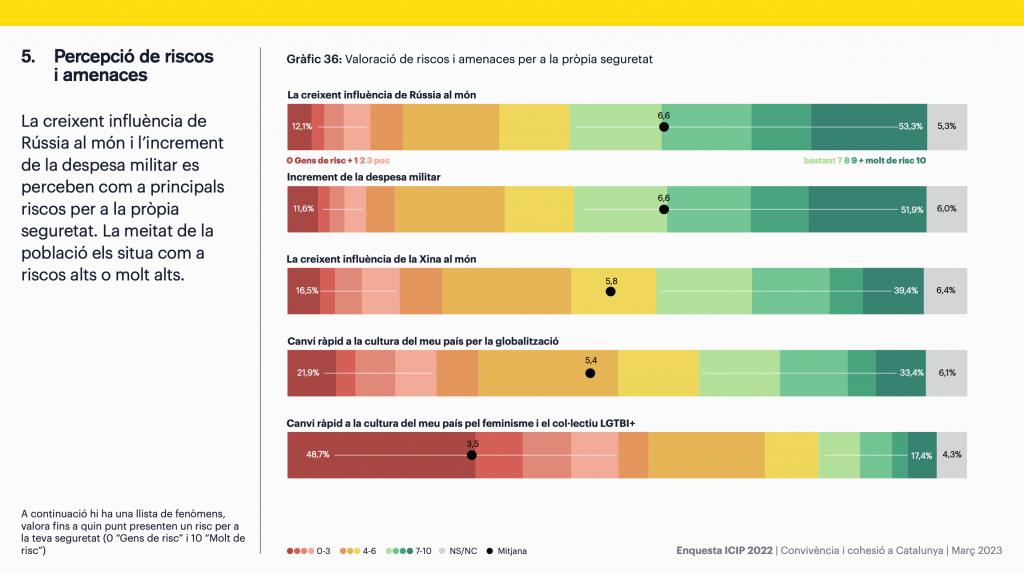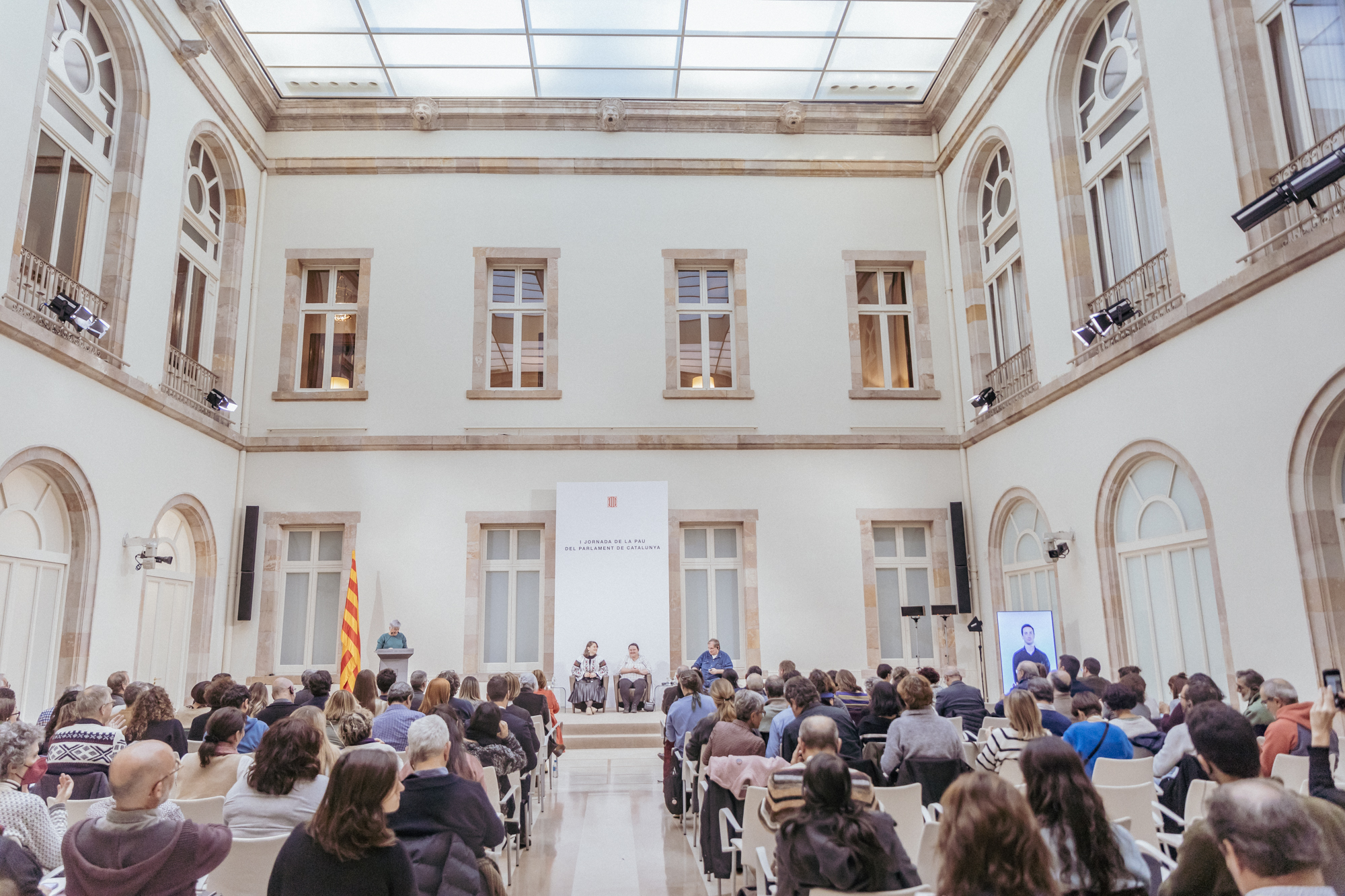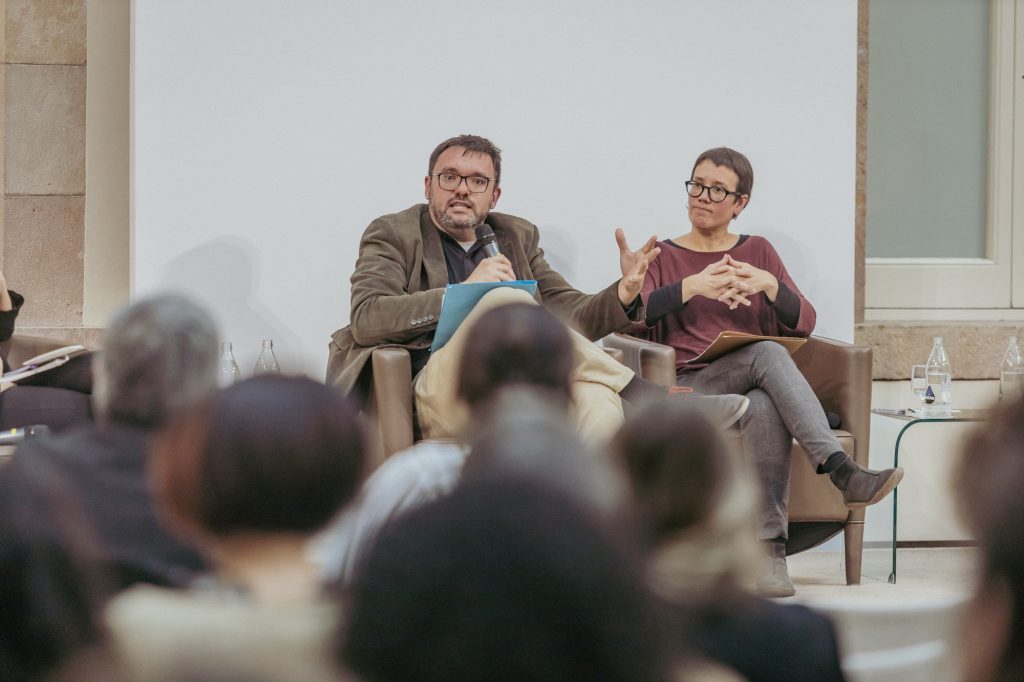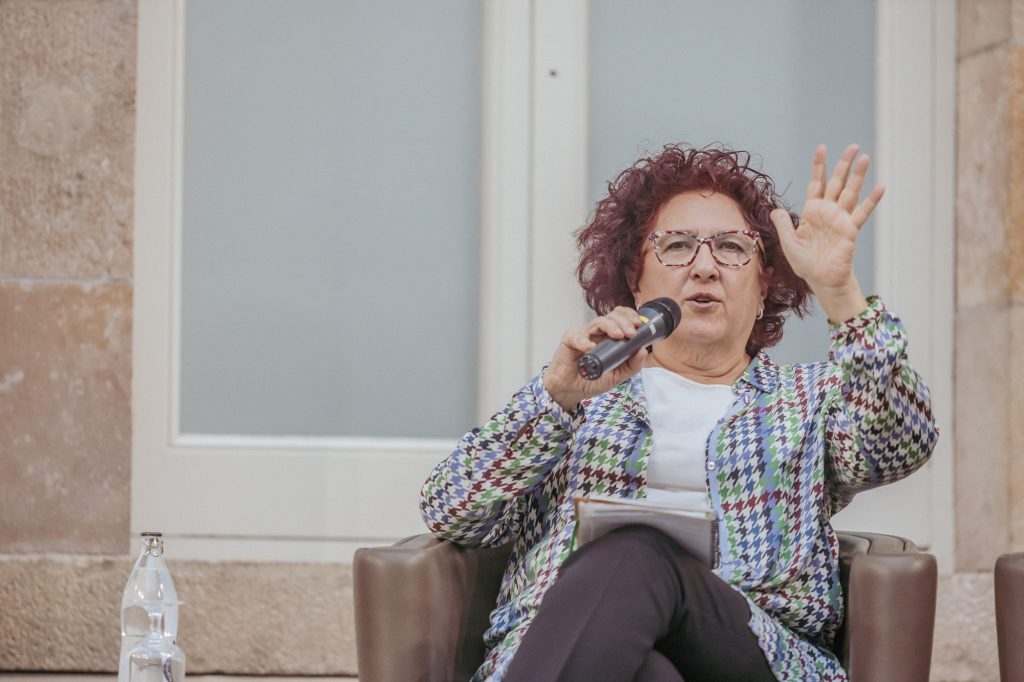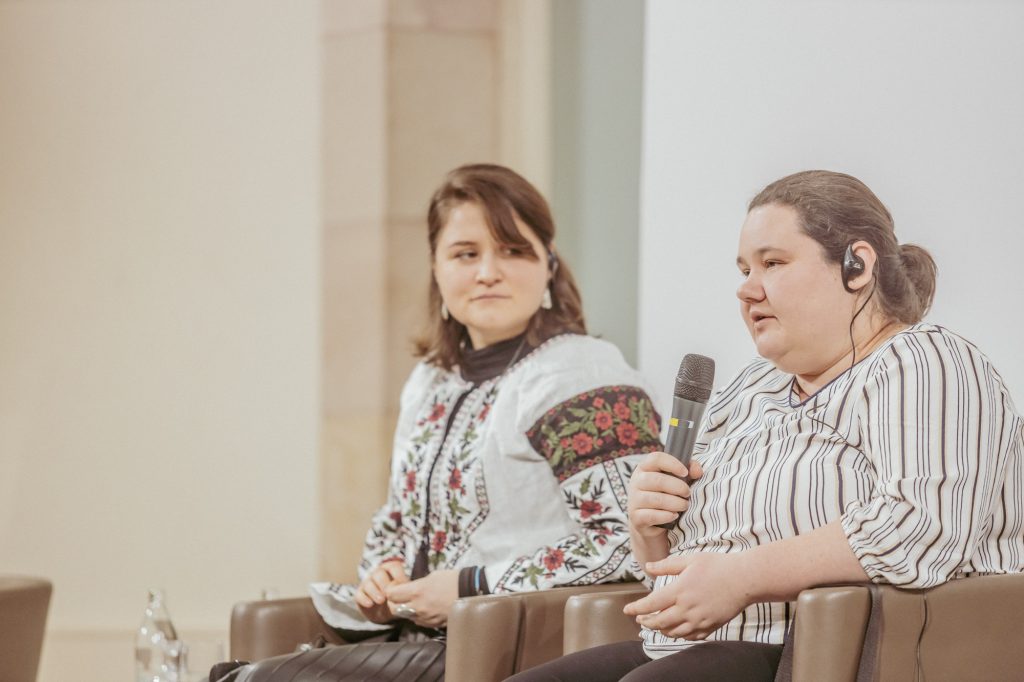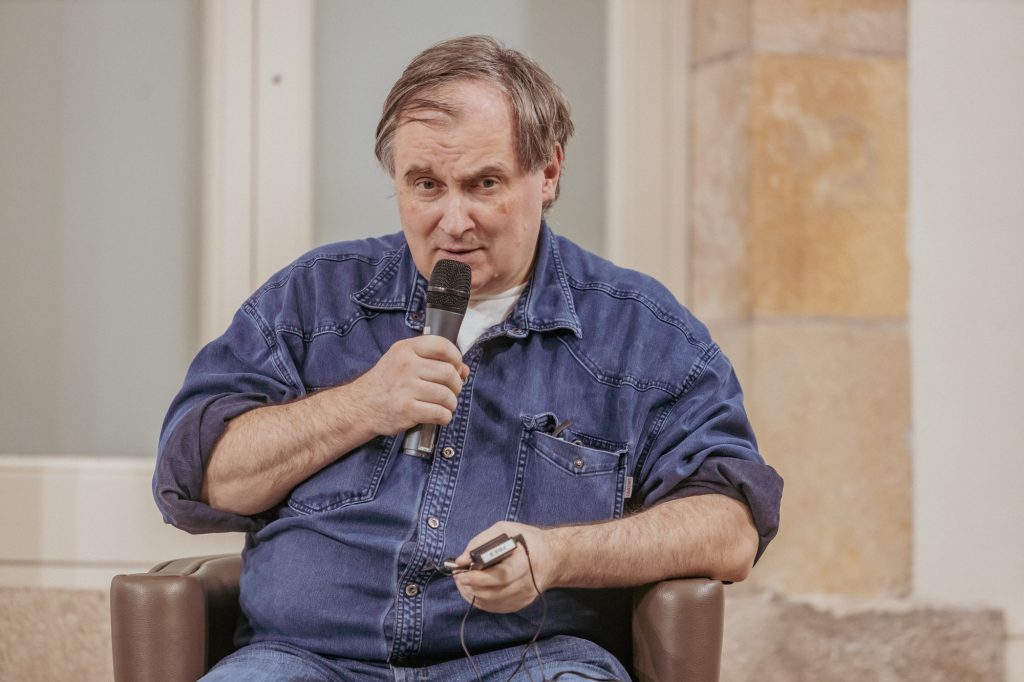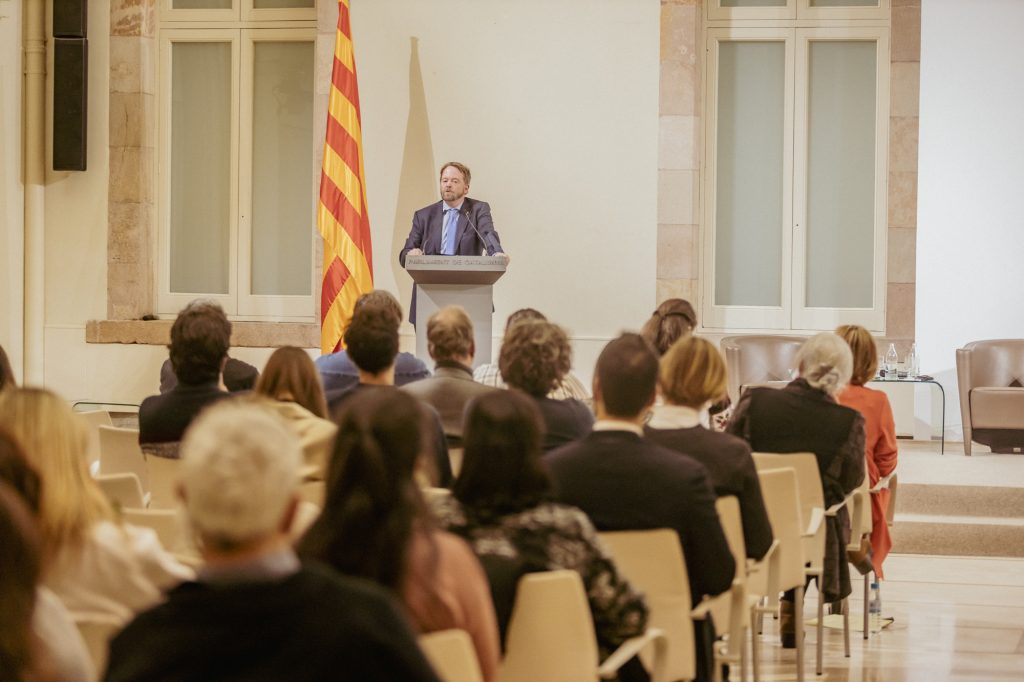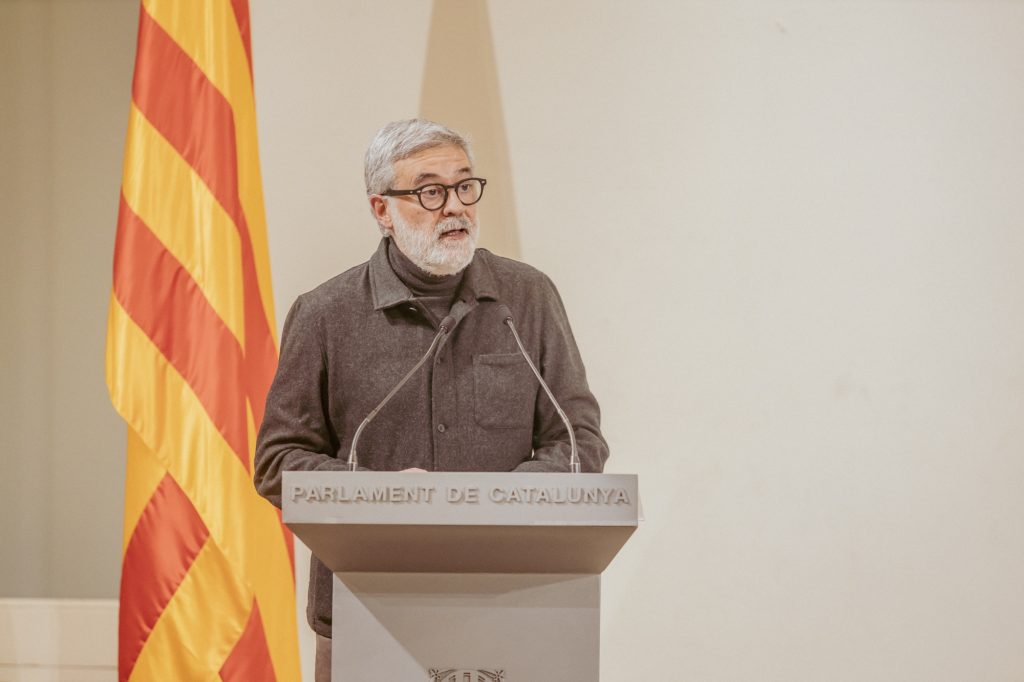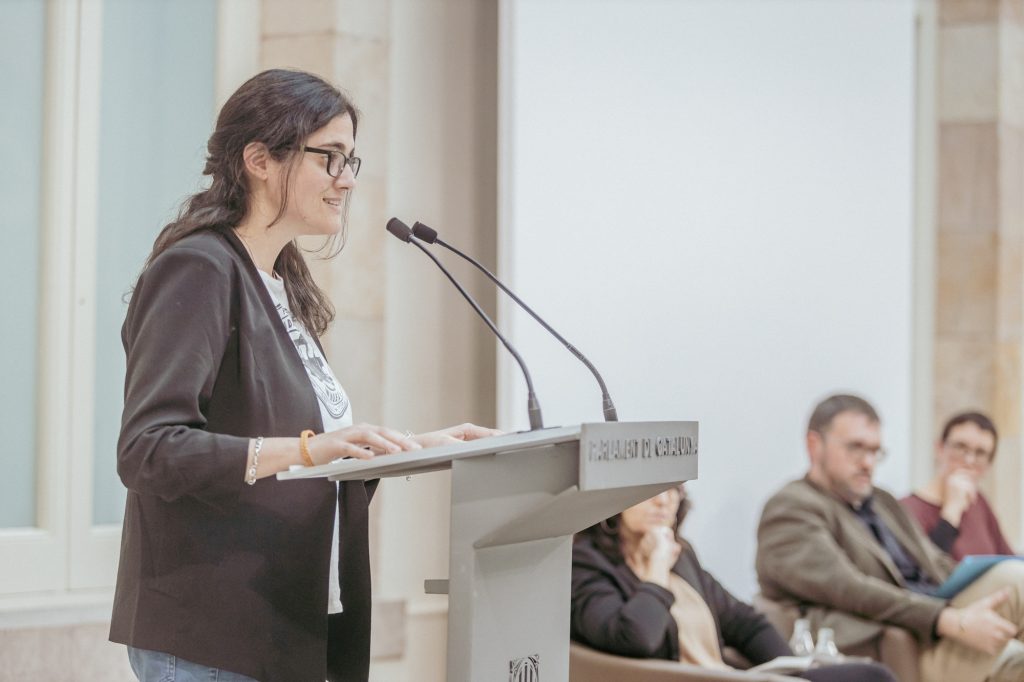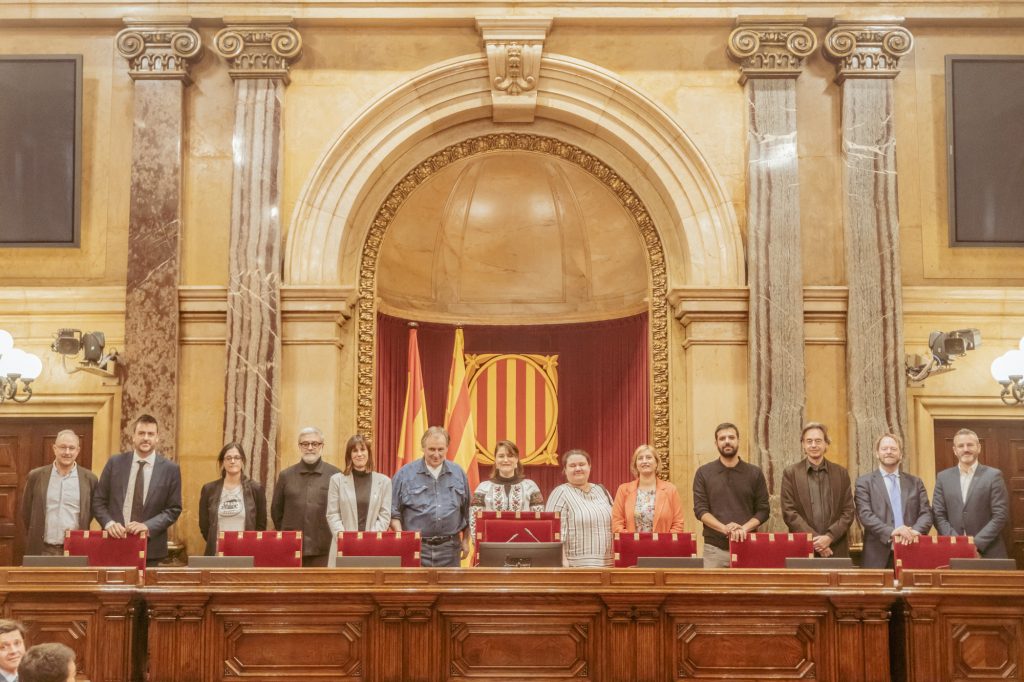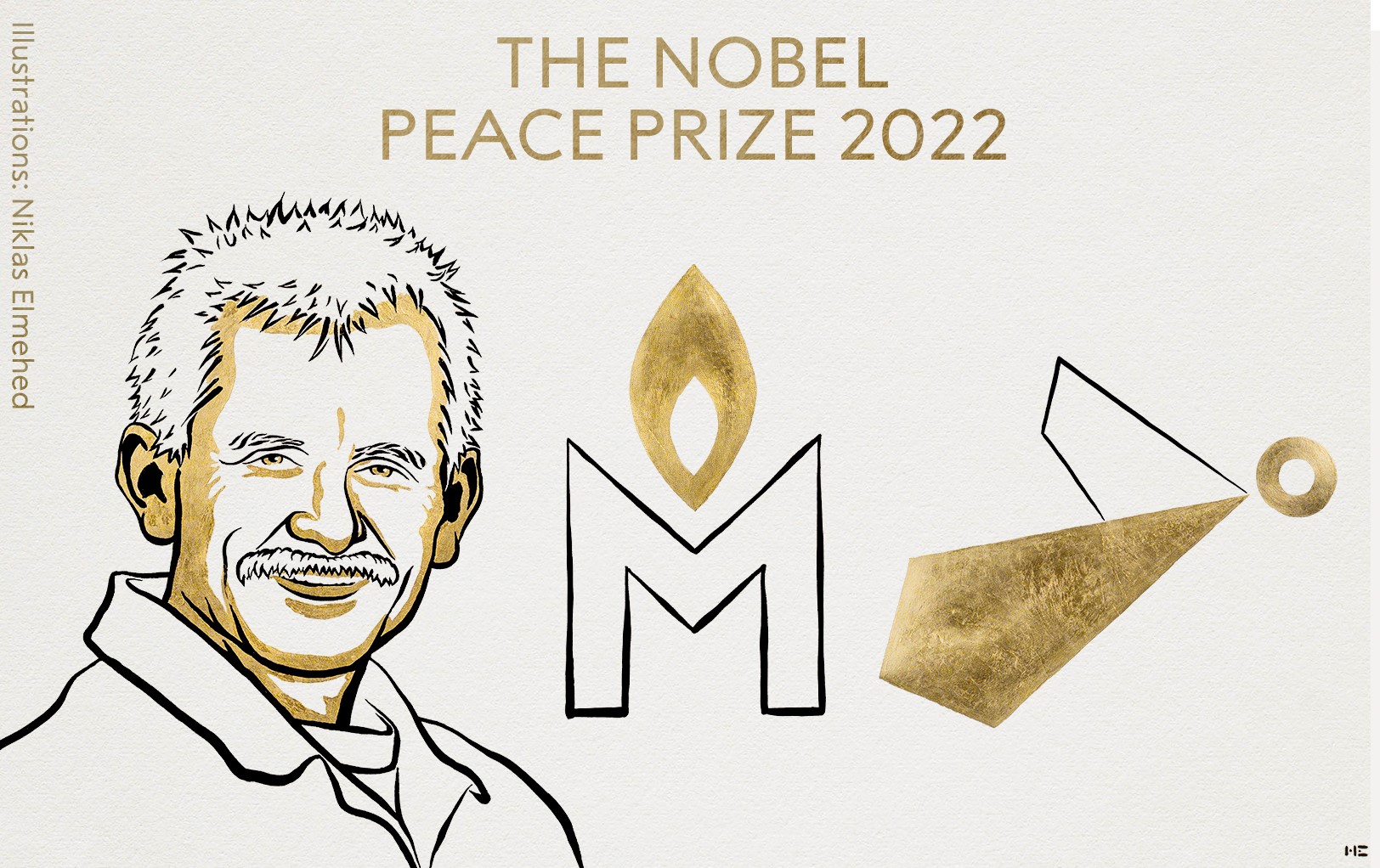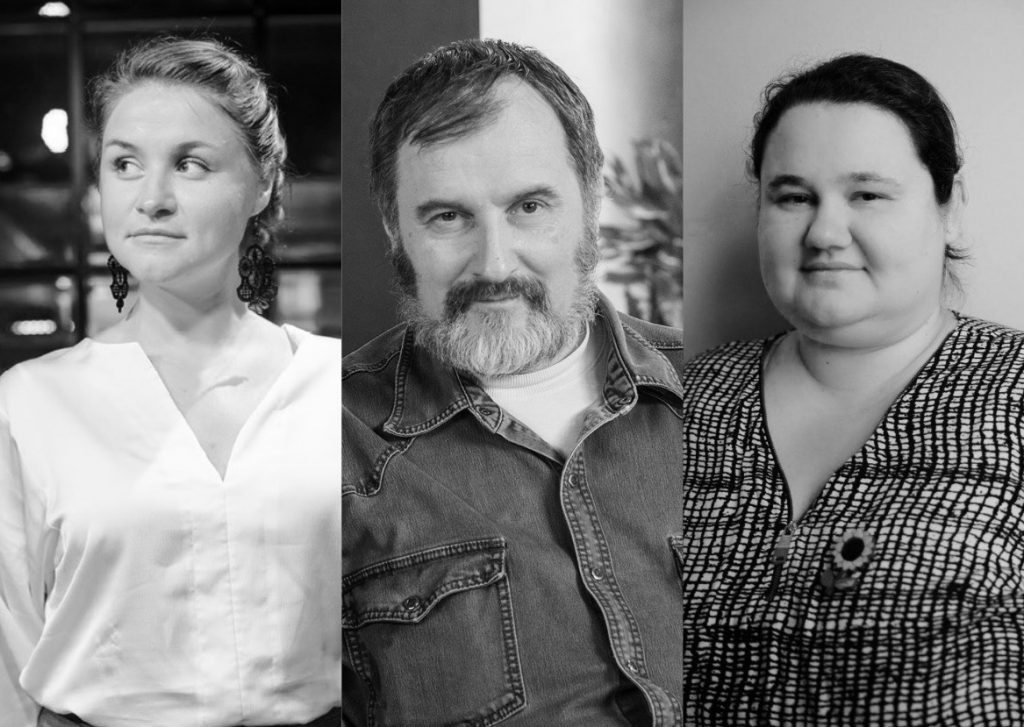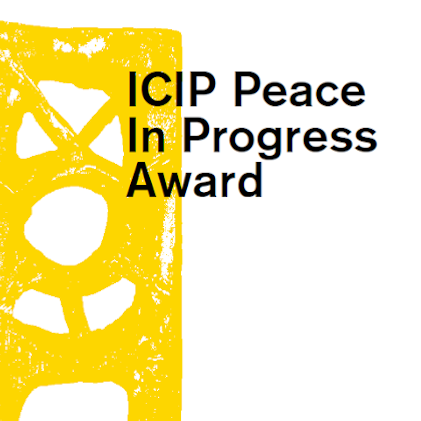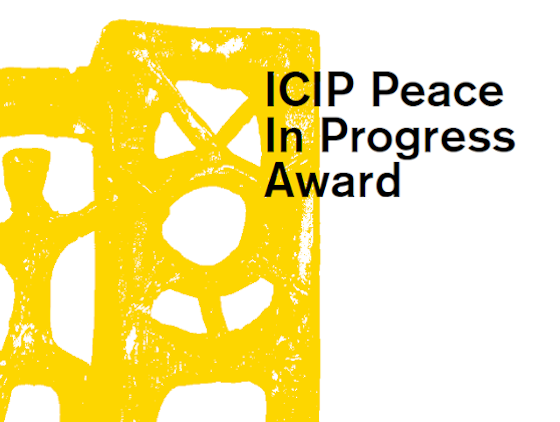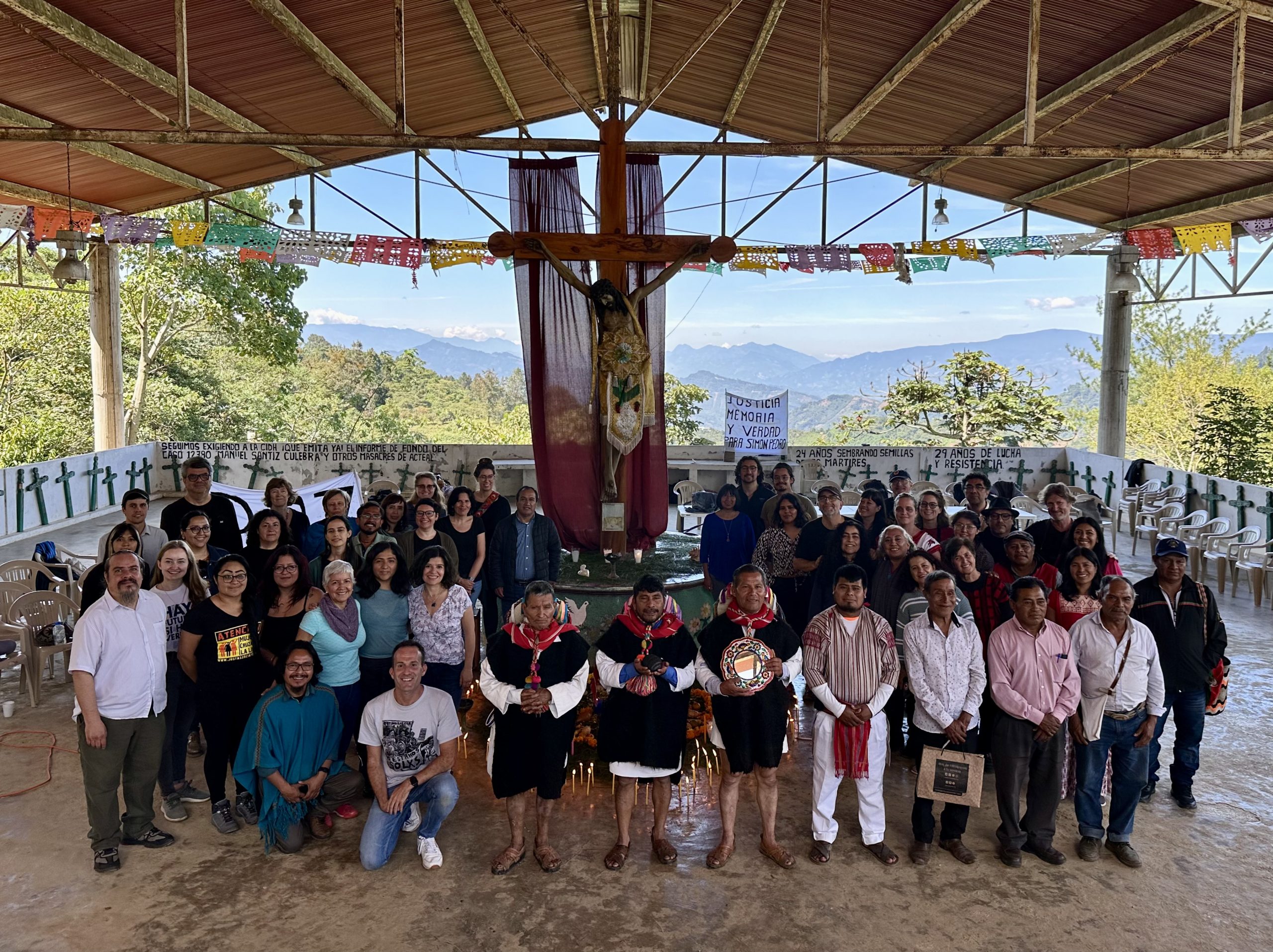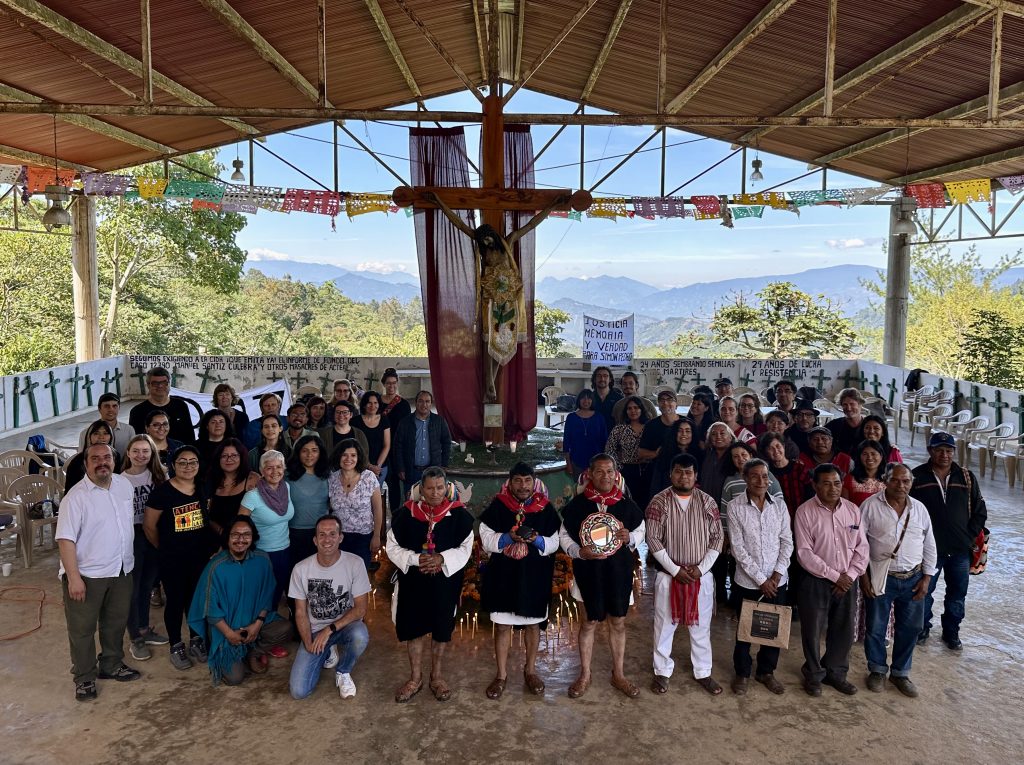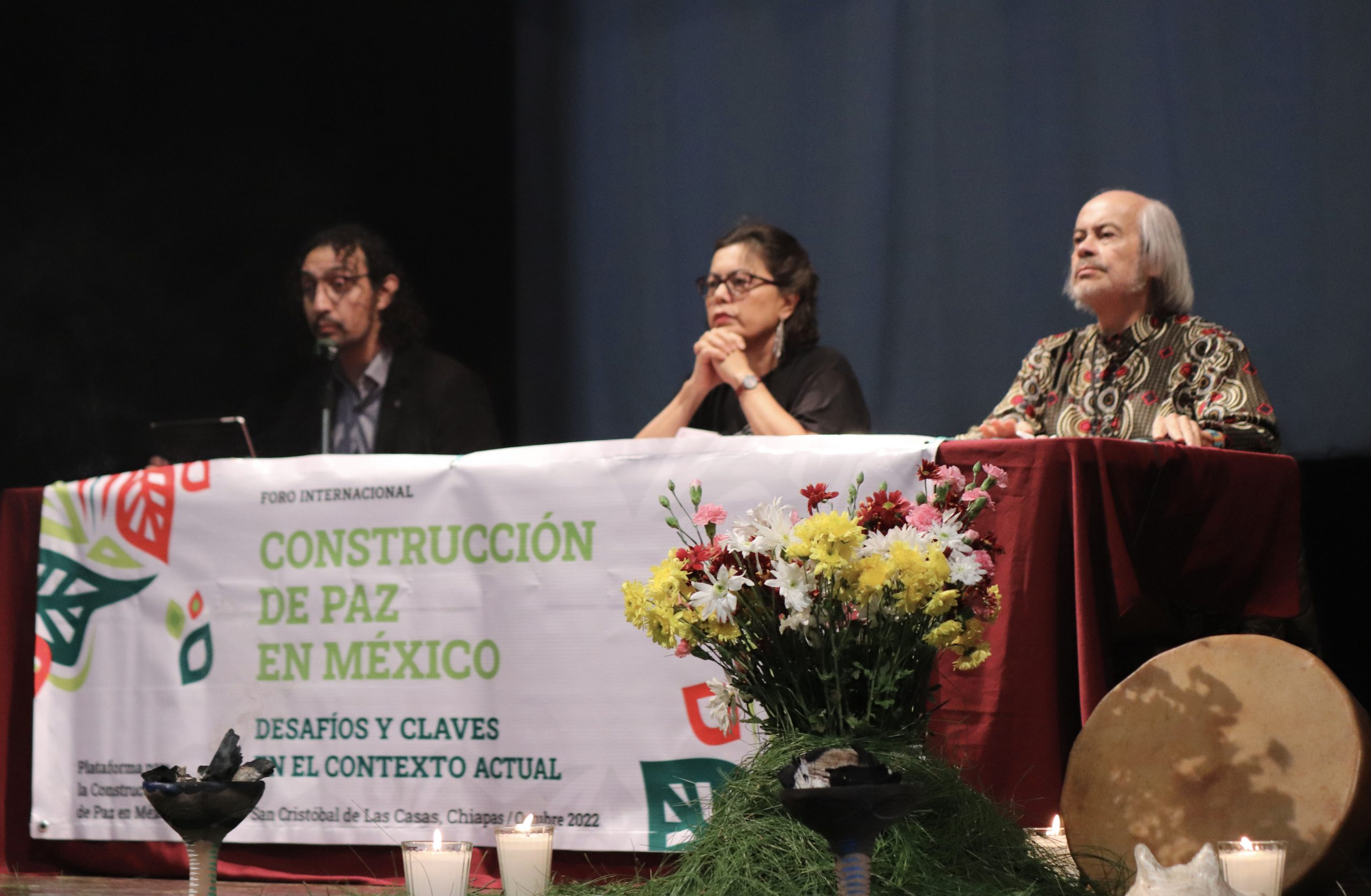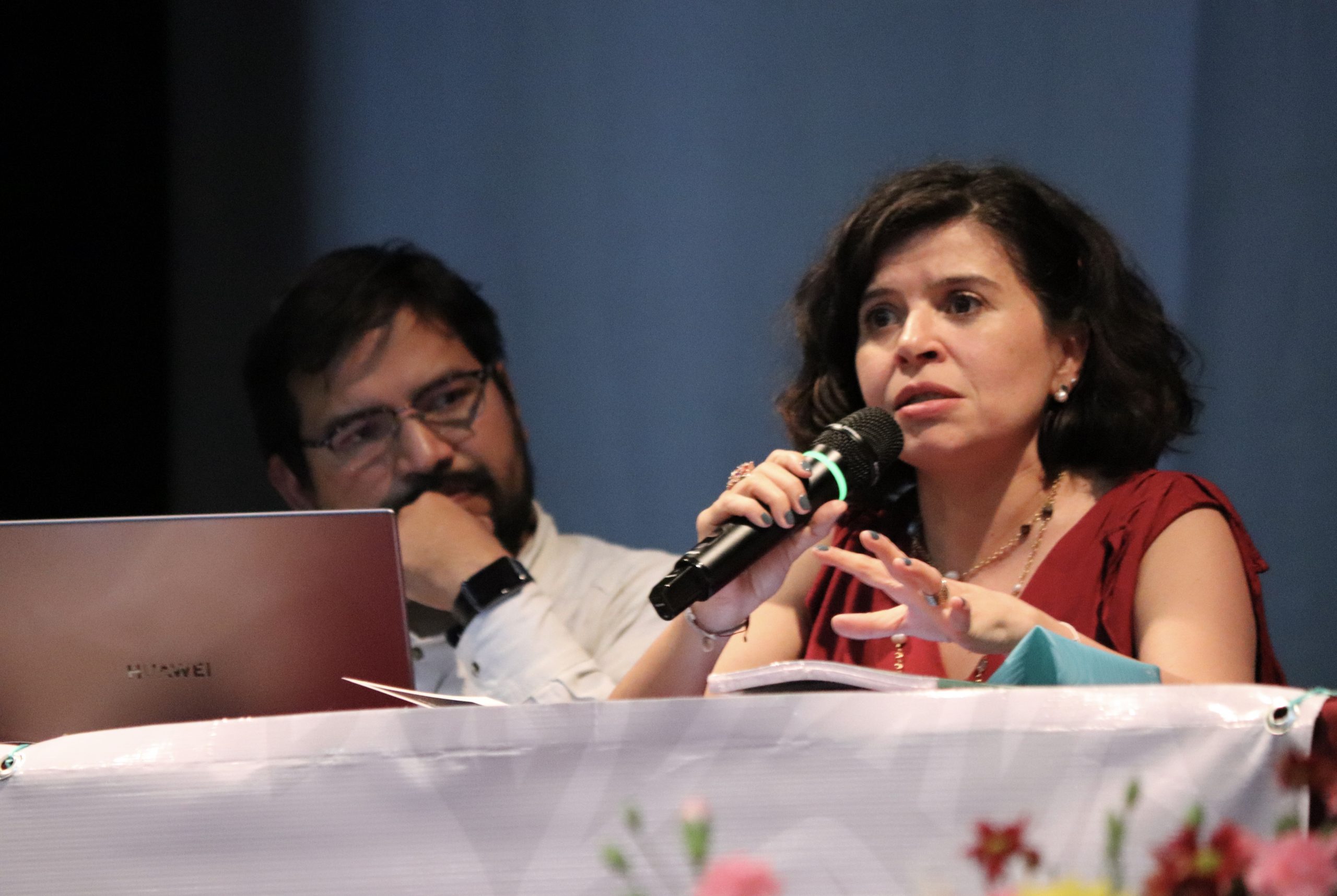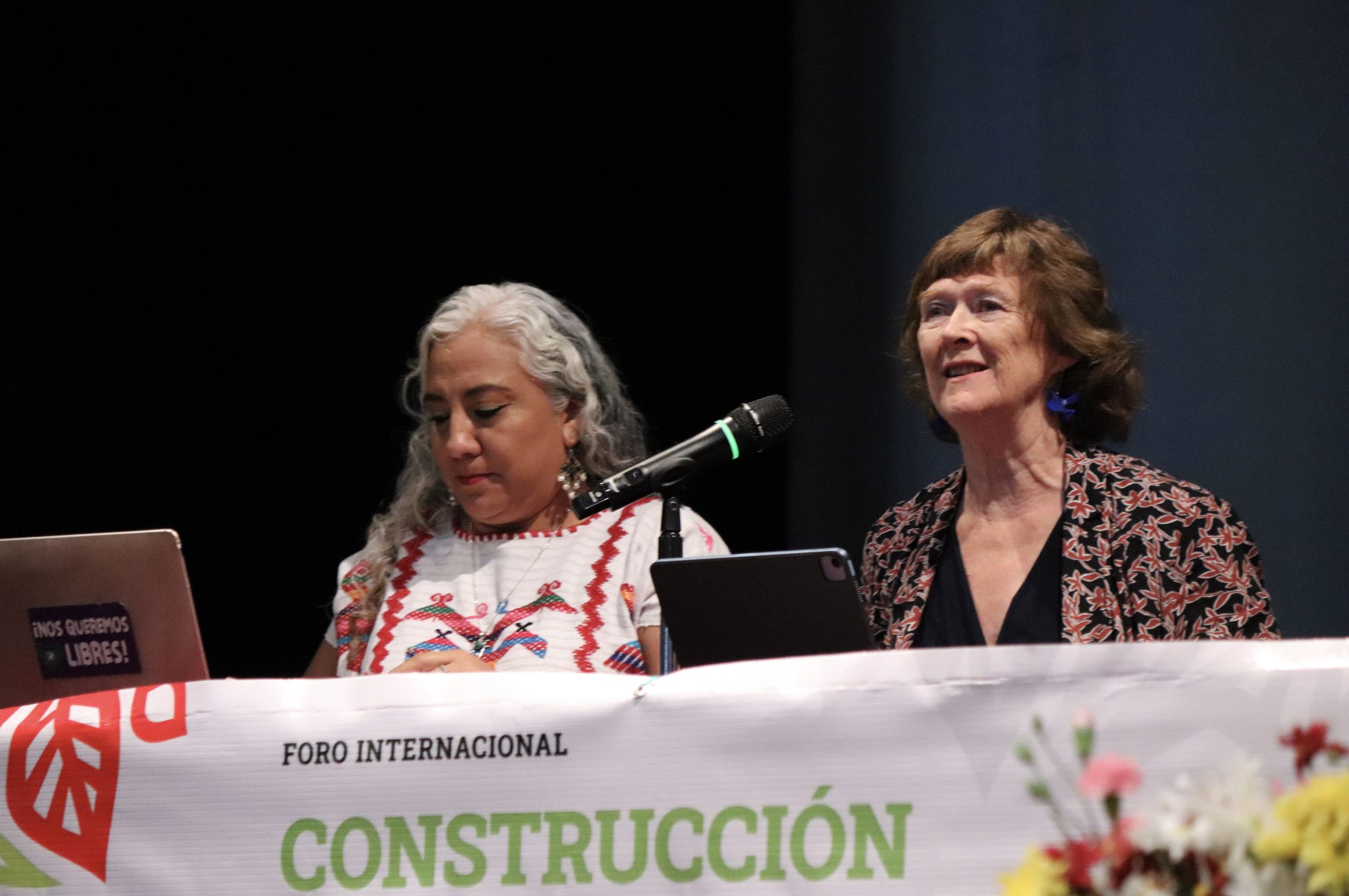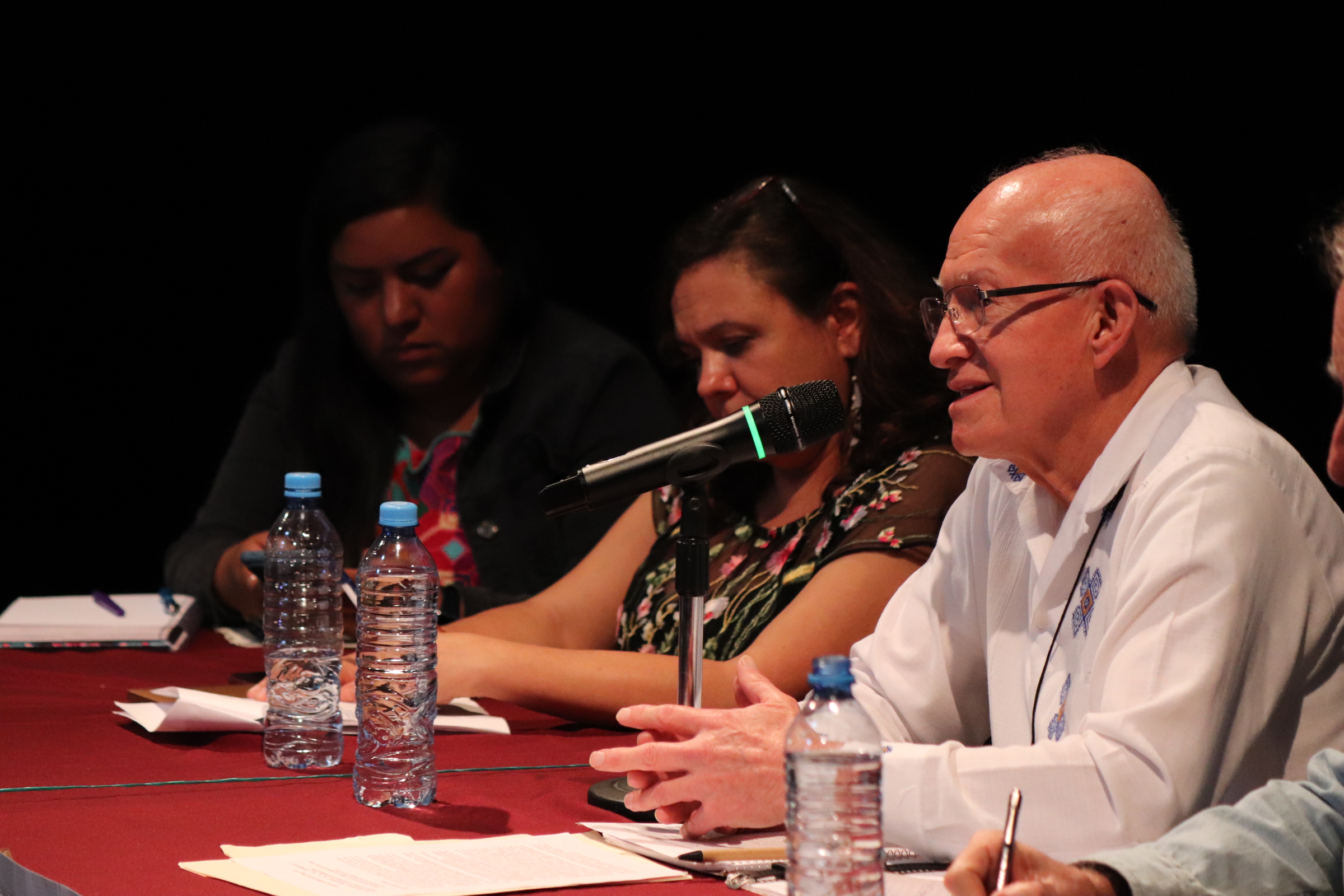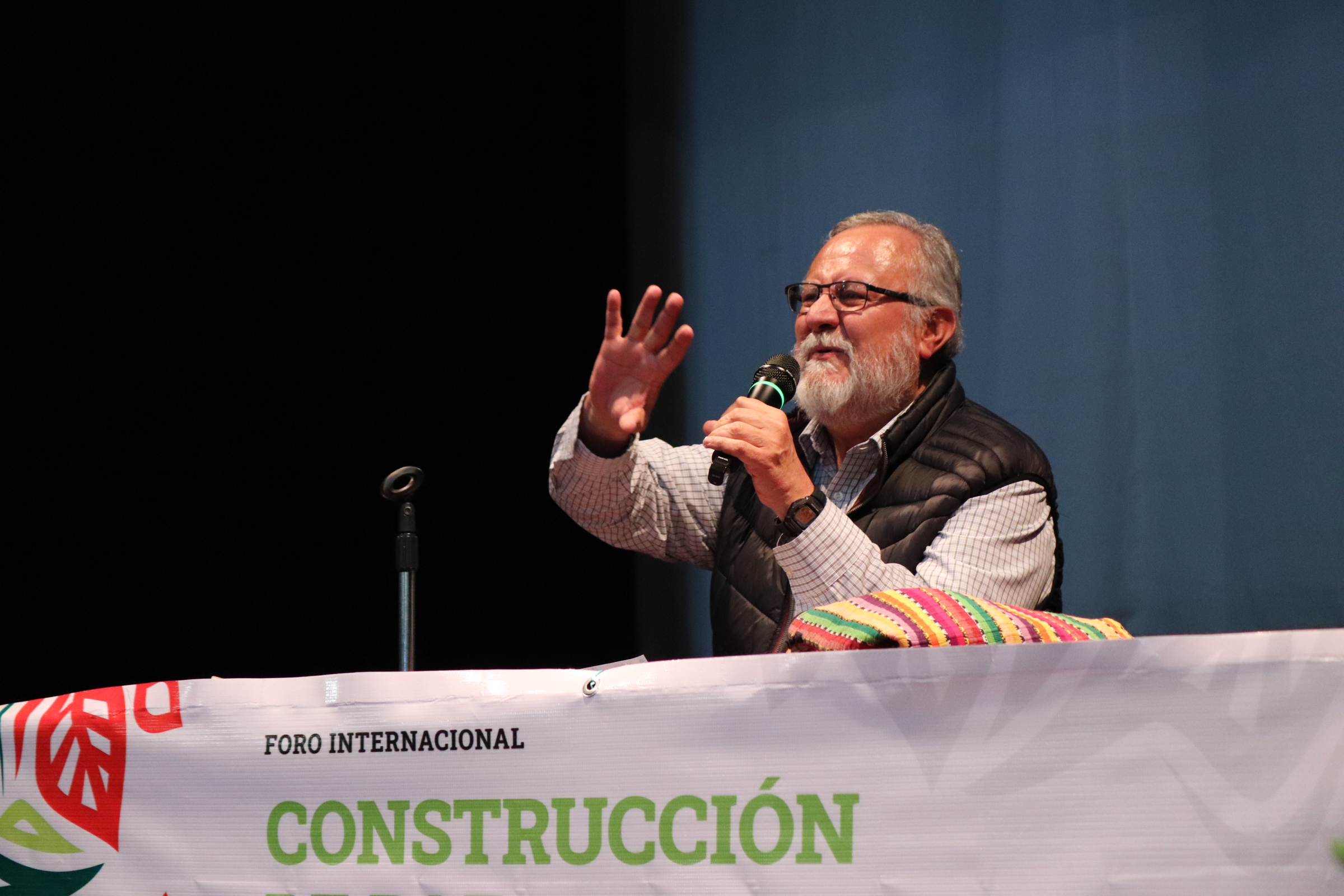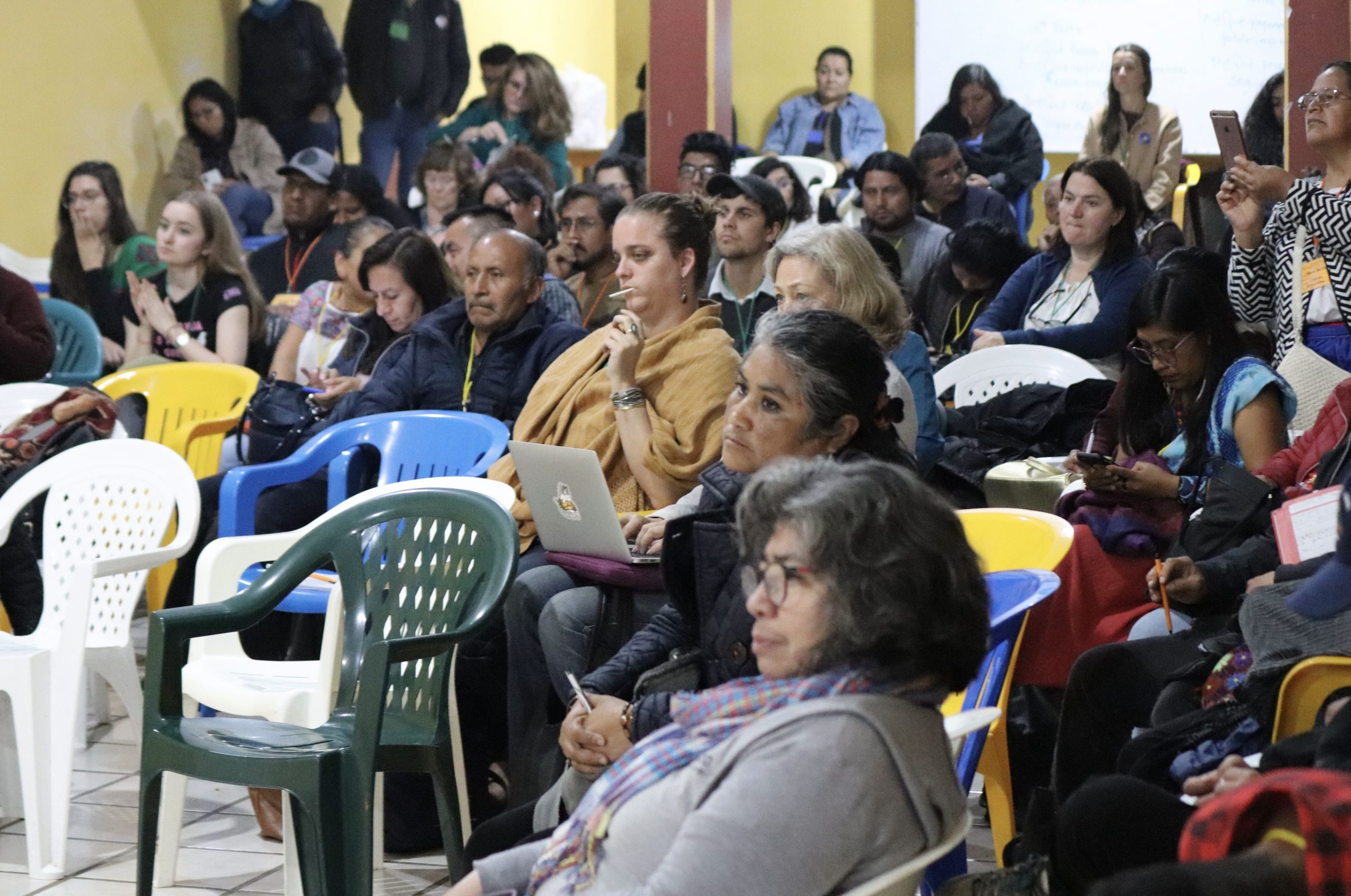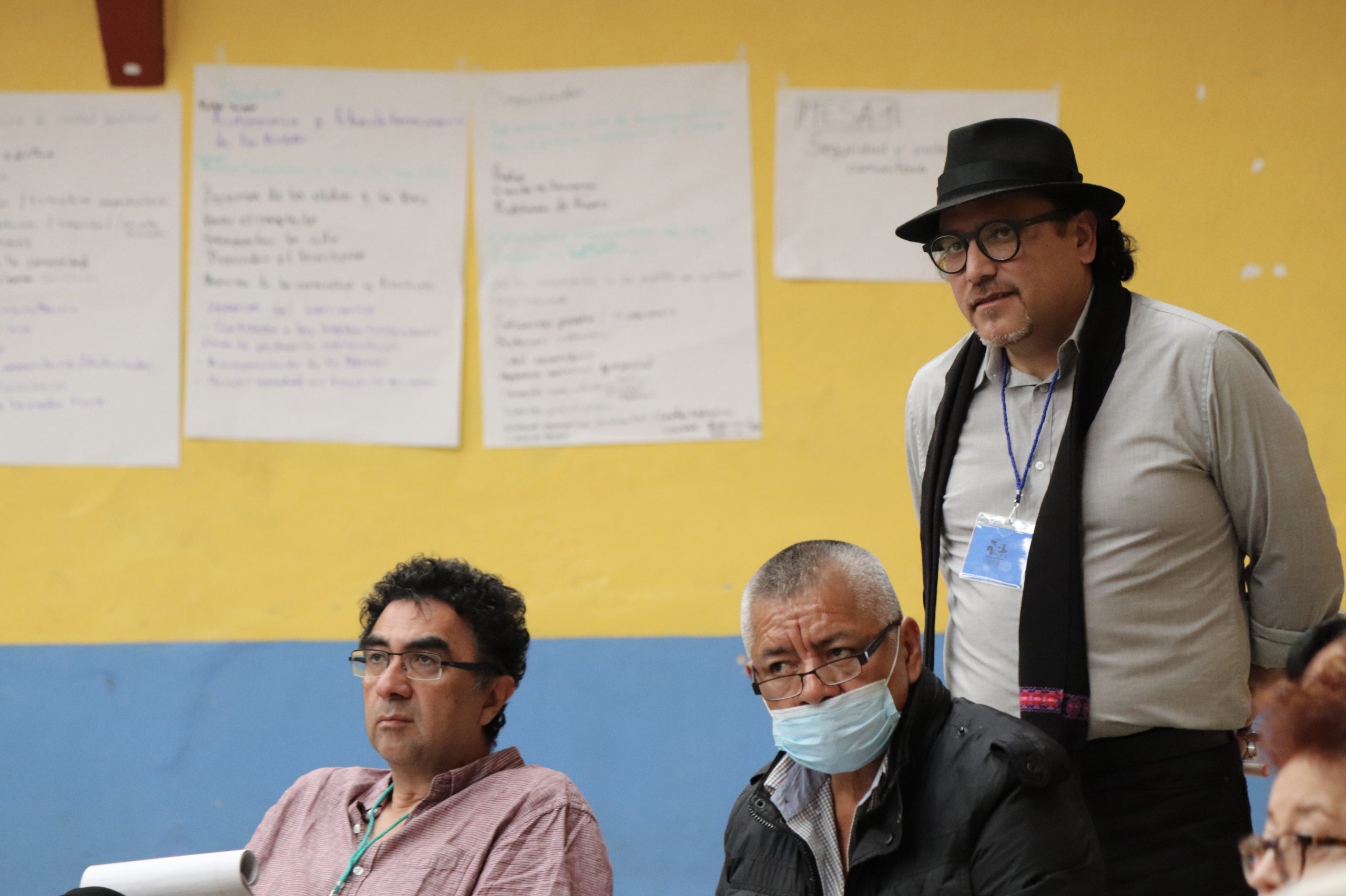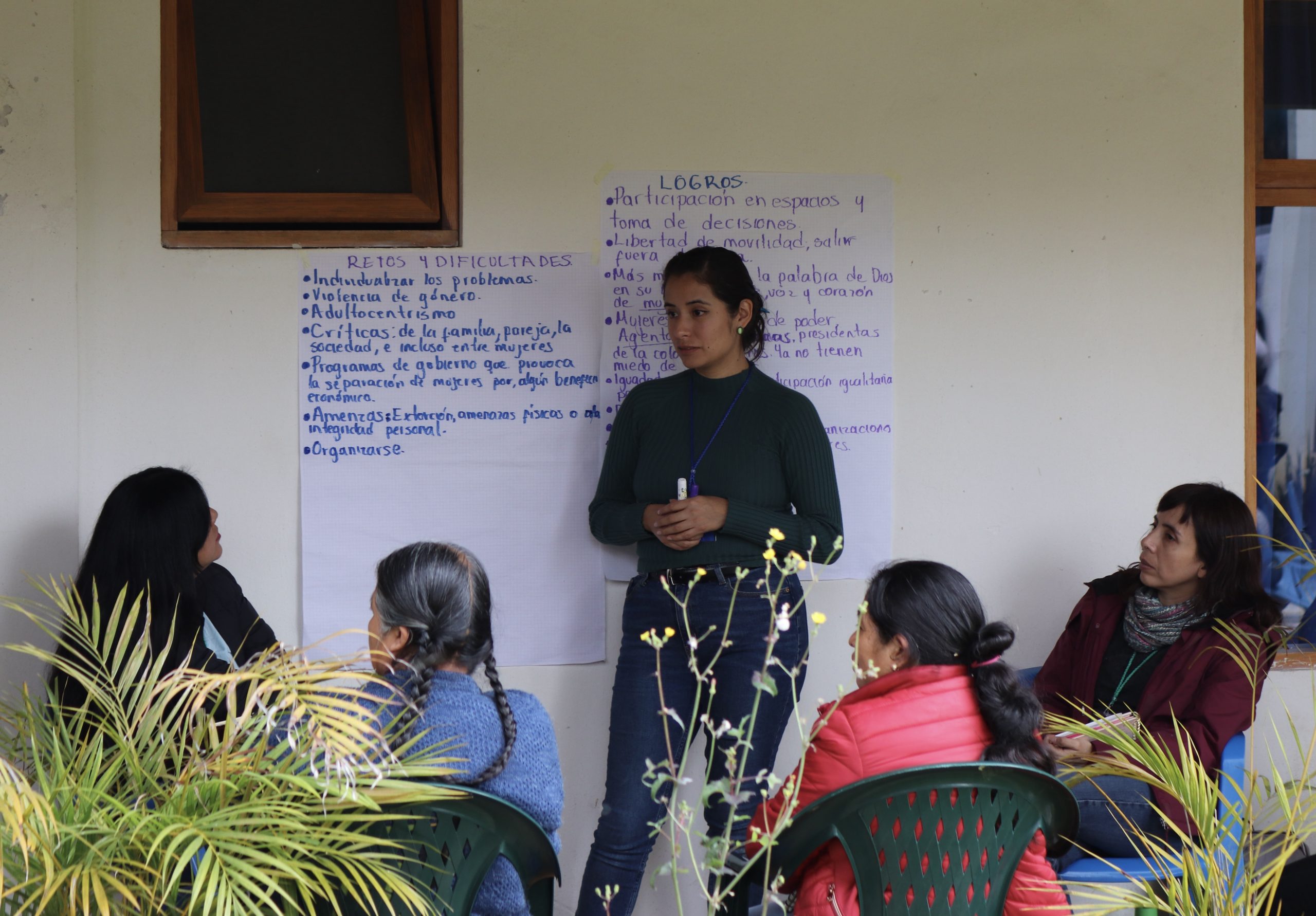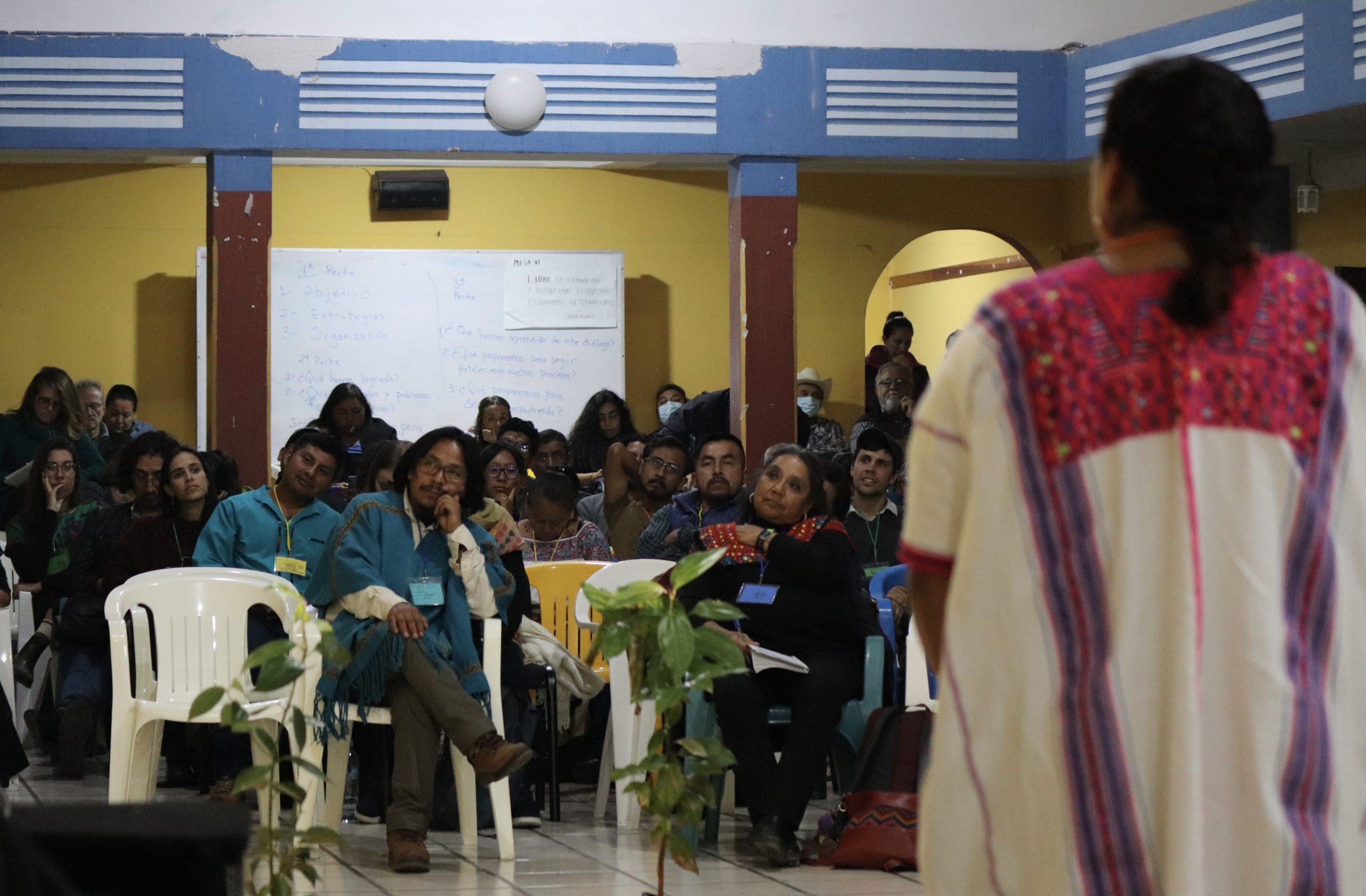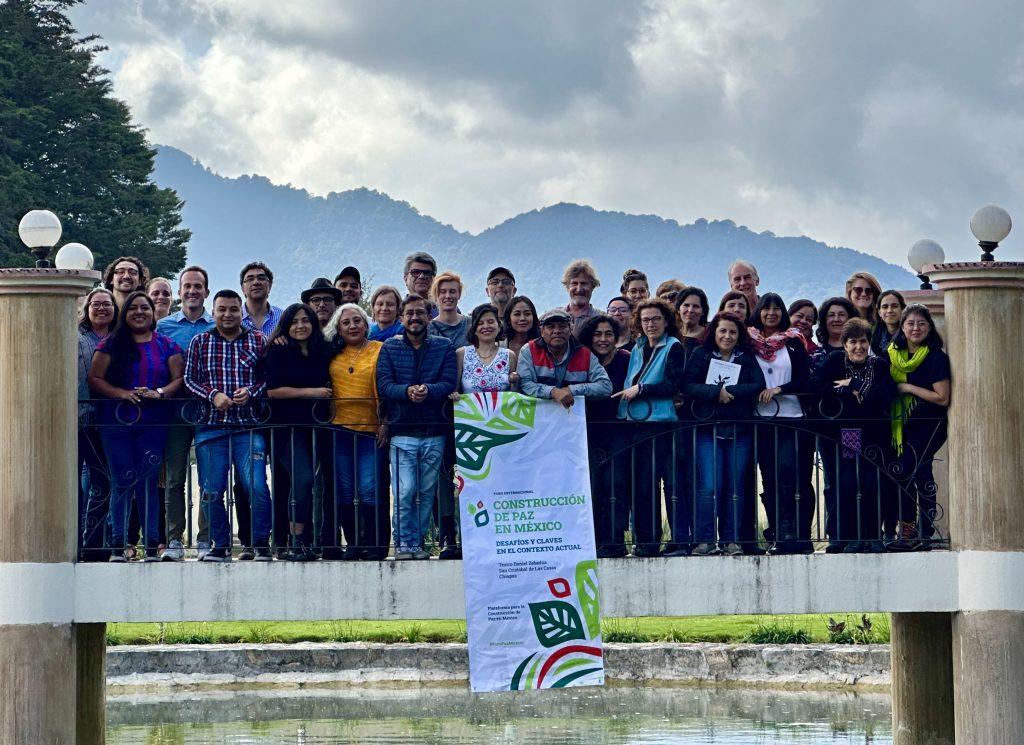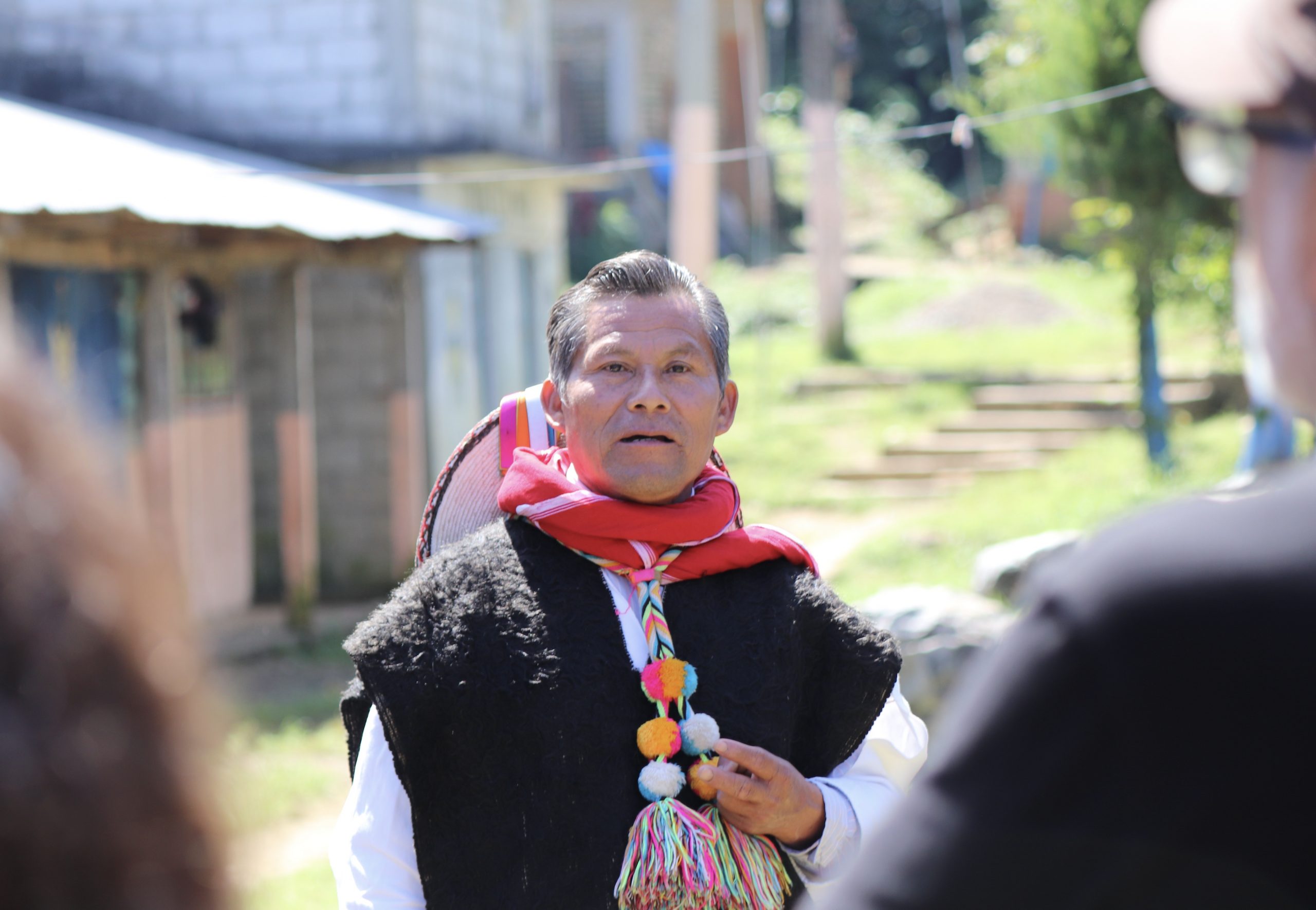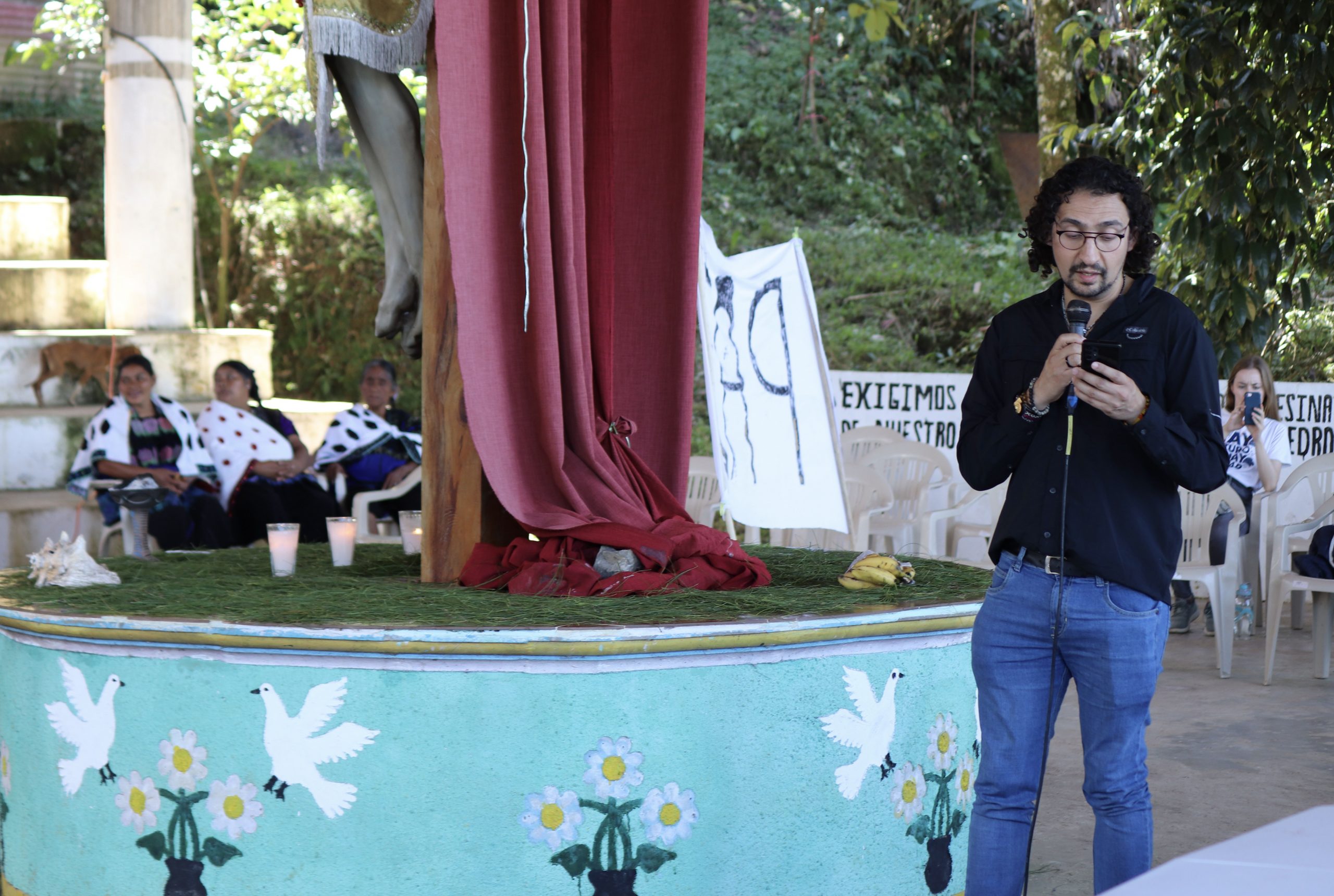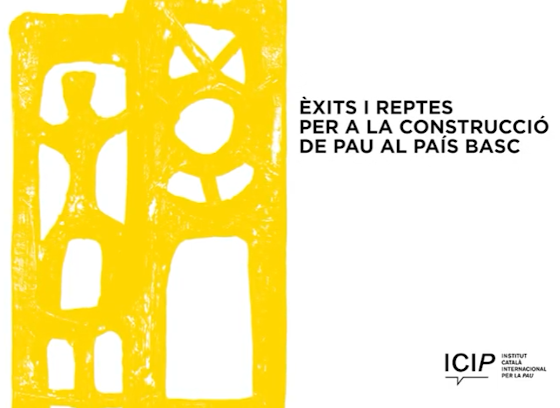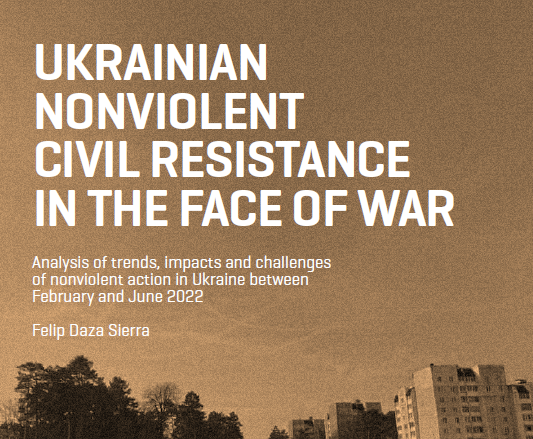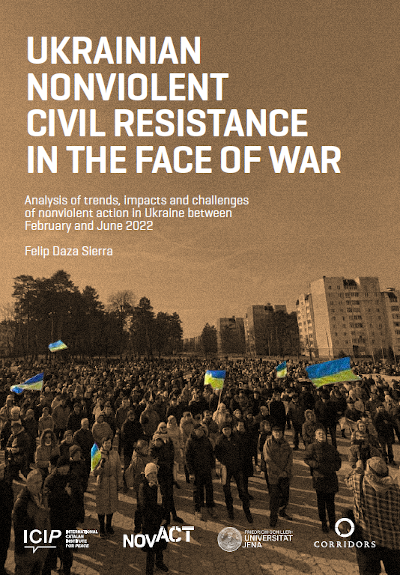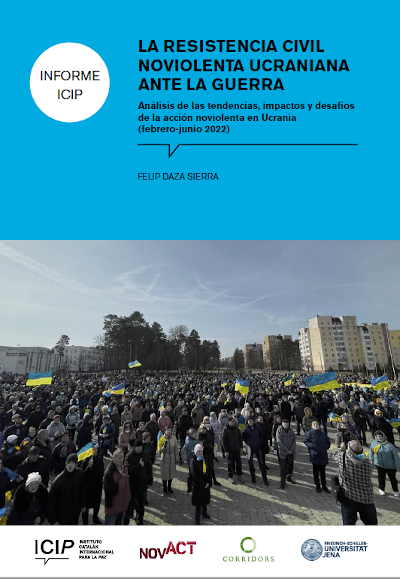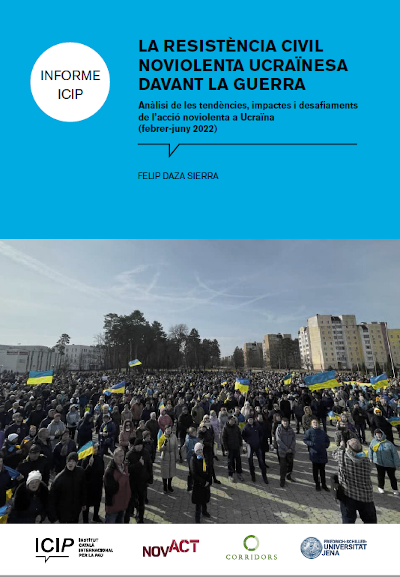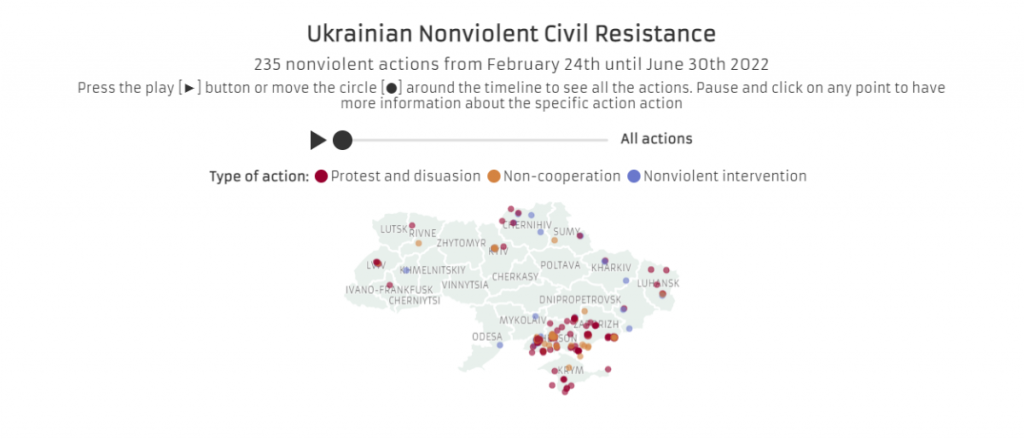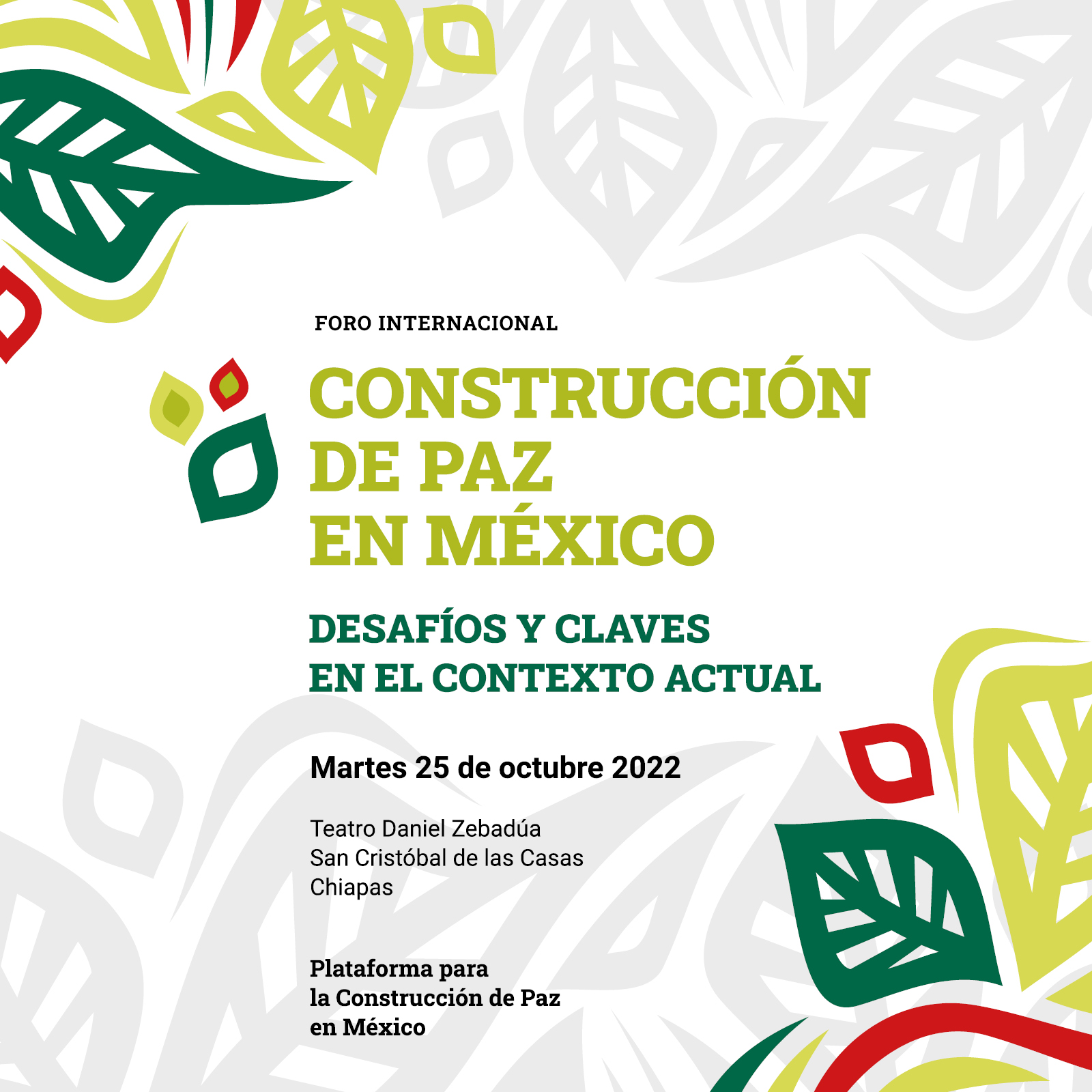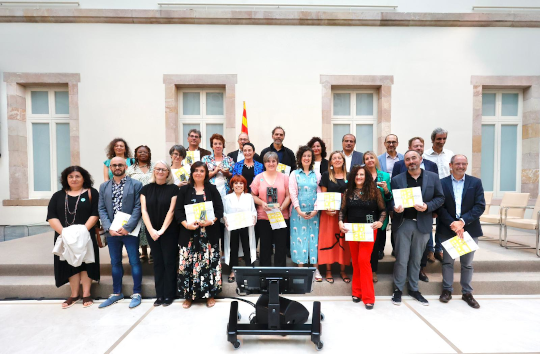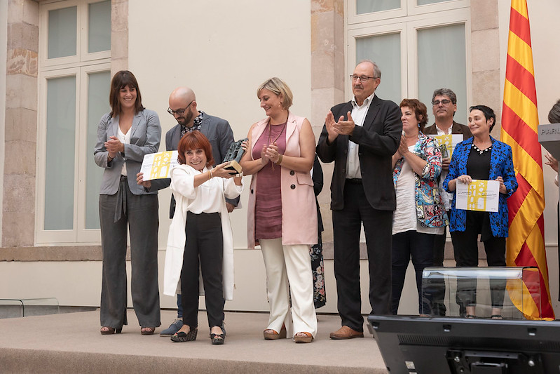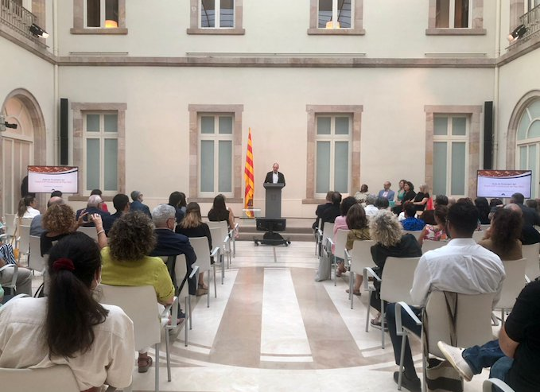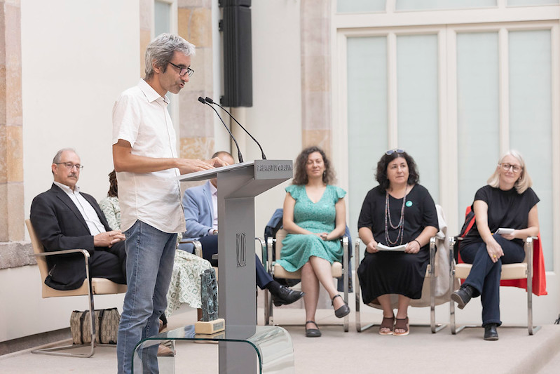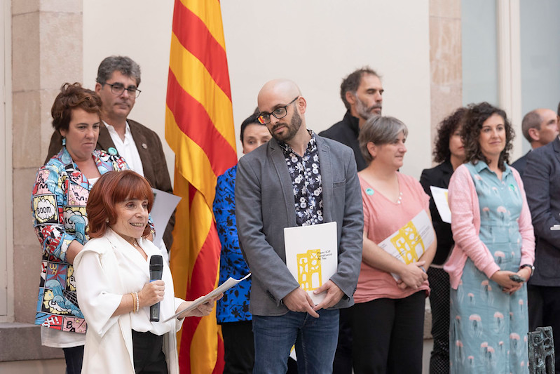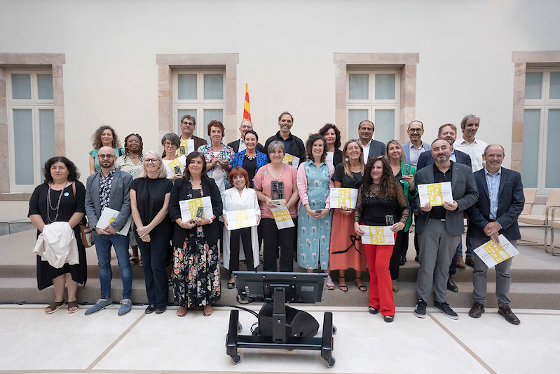The ICIP’s Governing Board has decided to confer the ICIP Peace in Progress Award 2023 to the candidacy that includes two associations from Bosnia and Herzegovina: Women Victims of War and Forgotten Children of War “for their work denouncing rape as a weapon of war, fighting against impunity, and empowering and drawing attention to victims of sexual violence.”
The award-winning associations work on the documentation of rapes during the Balkan War and the legal and social recognition of children born in situations of sexual violence. It is estimated that between 25,000 and 50,000 women and girls were victims of rape as a strategy of ethnic cleansing during the Bosnian War, and 4,000 infants were born due to the assaults. Beyond Bosnia, the awarded entities are also in contact with survivors of other conflicts, such as Ukraine, to accompany them in denunciation and recognition as victims of war.
The winning candidacy was presented by Cultura i Conflicte. This Catalan organization has reflected the work of the two Bosnian associations in the multidisciplinary project Encara hi ha algú al bosc (There is still someone in the forest), which includes a documentary, an exhibition and a play.
Women Victims of War
The Association of Women Victims of War (Udruženje Žena žrtva rata) was founded in 2003 with the aim of bringing together victims of rape during the Bosnian War (1992-1995). Since then, the organization has been working to document cases of rape (including sexual assaults on men), provide testimonies, help survivors defend their rights as victims of the war, and fight against the impunity that many of the perpetrators still enjoy.
Thousands of women and girls were victims of rape during the Bosnian War, although there is no official figure since many of them did not survive the attacks, and others did so in silence.
From the rape survivors’ testimonies, the association has gathered information to bring the perpetrators before the International Criminal Tribunal for the former Yugoslavia in The Hague and before local courts in Bosnia and Herzegovina. The association has collected testimonies from 5,495 female and 300 male survivors.
The organization’s work has made it possible to empower and accompany the war victims, provide psychological and social support, and fight against impunity in a difficult context since rape as a weapon of war is still taboo in Bosnia and Herzegovina.
Forgotten Children of War
The Forgotten Children of War Association (Udruženje Zaboravljena djeca rata) was founded in 2015 by boys and girls born of rape during the Bosnian War and by human rights activists. It is estimated that at least 4,000 children were born of war in Bosnia, although only 62 are officially recognized, and they are now adults.
The association also assists the children of forced marriages during the war, prostitution rings organized by international forces, and relationships between military and humanitarian personnel who abandoned women and children after the conflict.
The association works at an international level for the legal and social recognition of children born of war rapes and to establish protocols to protect children, end the stigma they suffer and help mothers recognise their children. As a result of their work, legal changes have been made in Bosnian local administrations so that children born of war rapes are recognized and compensated as victims.
ICIP Peace in Progress Award
Since 2011, ICIP has called the Peace in Progress Award annually to award and publicly recognise people, entities or institutions that have worked and contributed in a unique and extended way to promote and construct peace.
The award includes public recognition, a sculpture created by the Nobel Peace Prize winner, artist and activist Adolfo Pérez Esquivel, Porta del Sol, and a financial endowment of 6,000 euros.
The awarding occurs annually in an institutional ceremony at the Parliament of Catalonia, coinciding with September 21, International Day of Peace.

